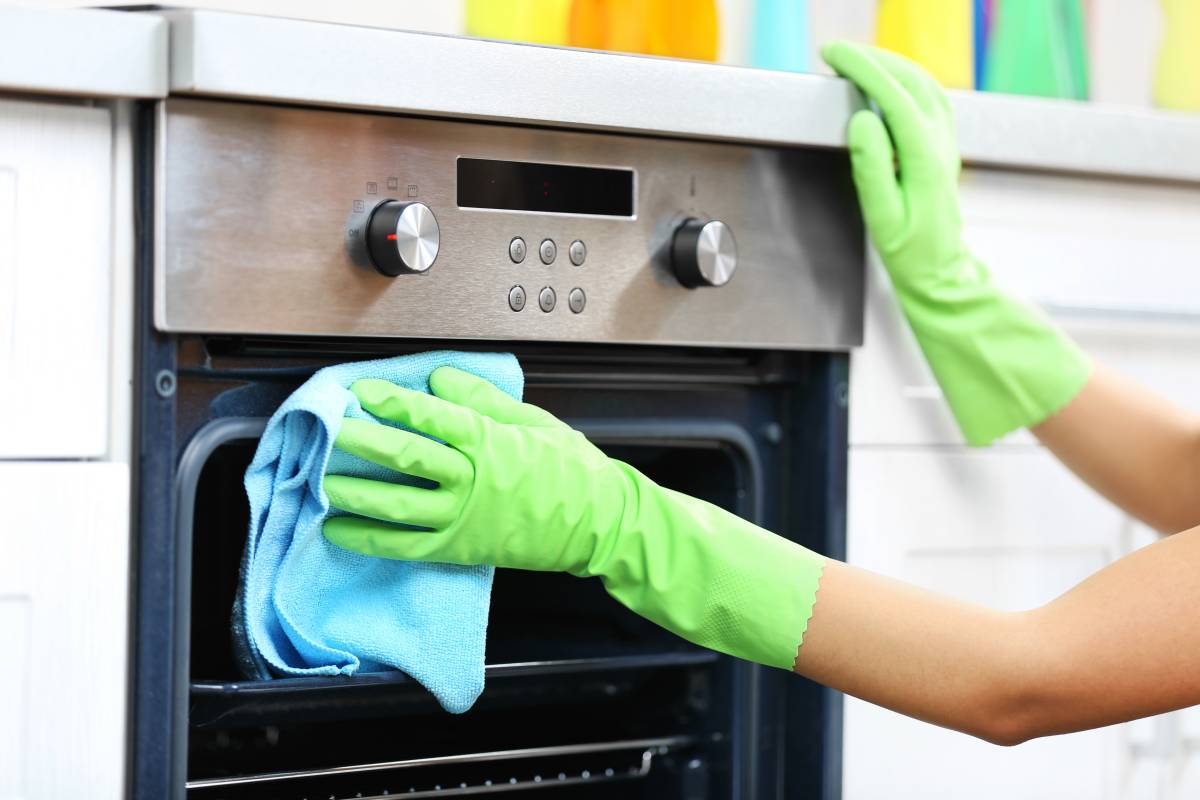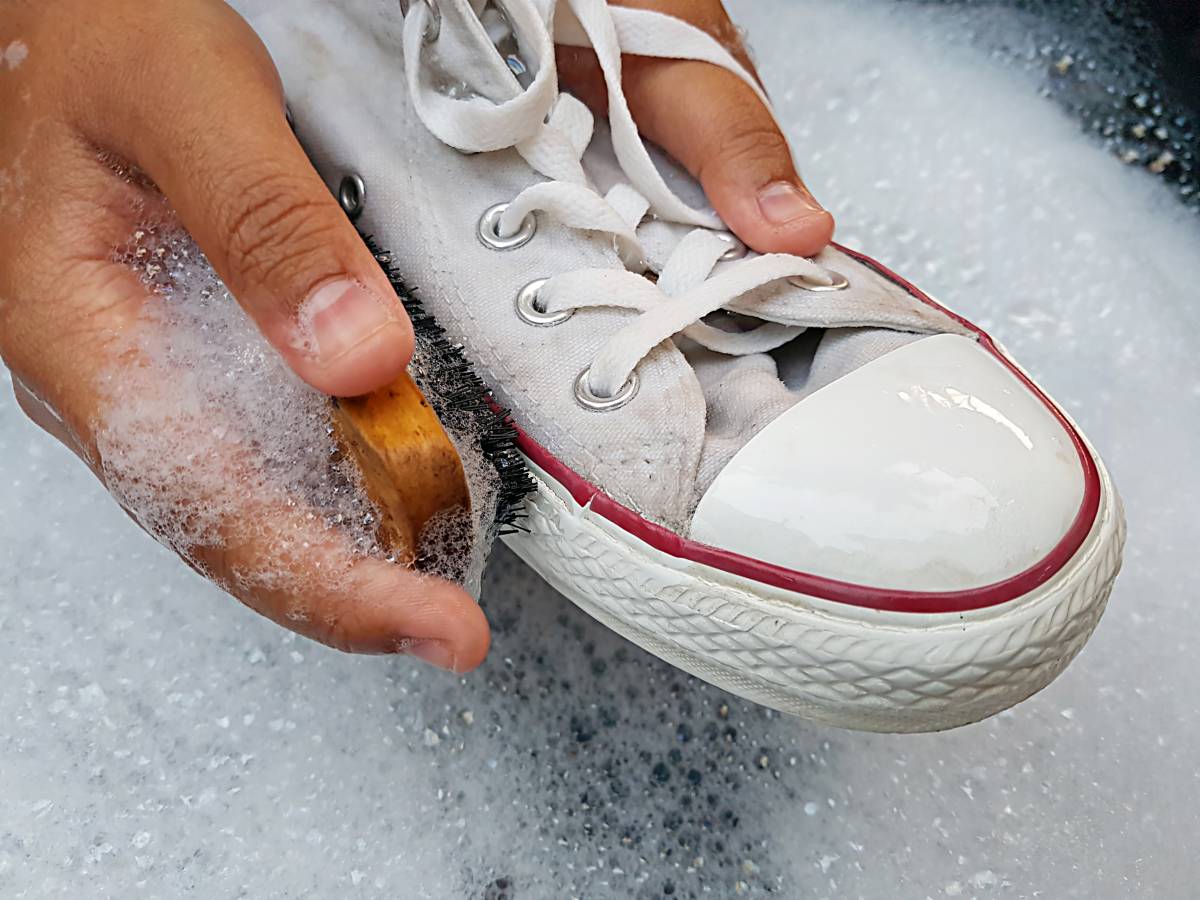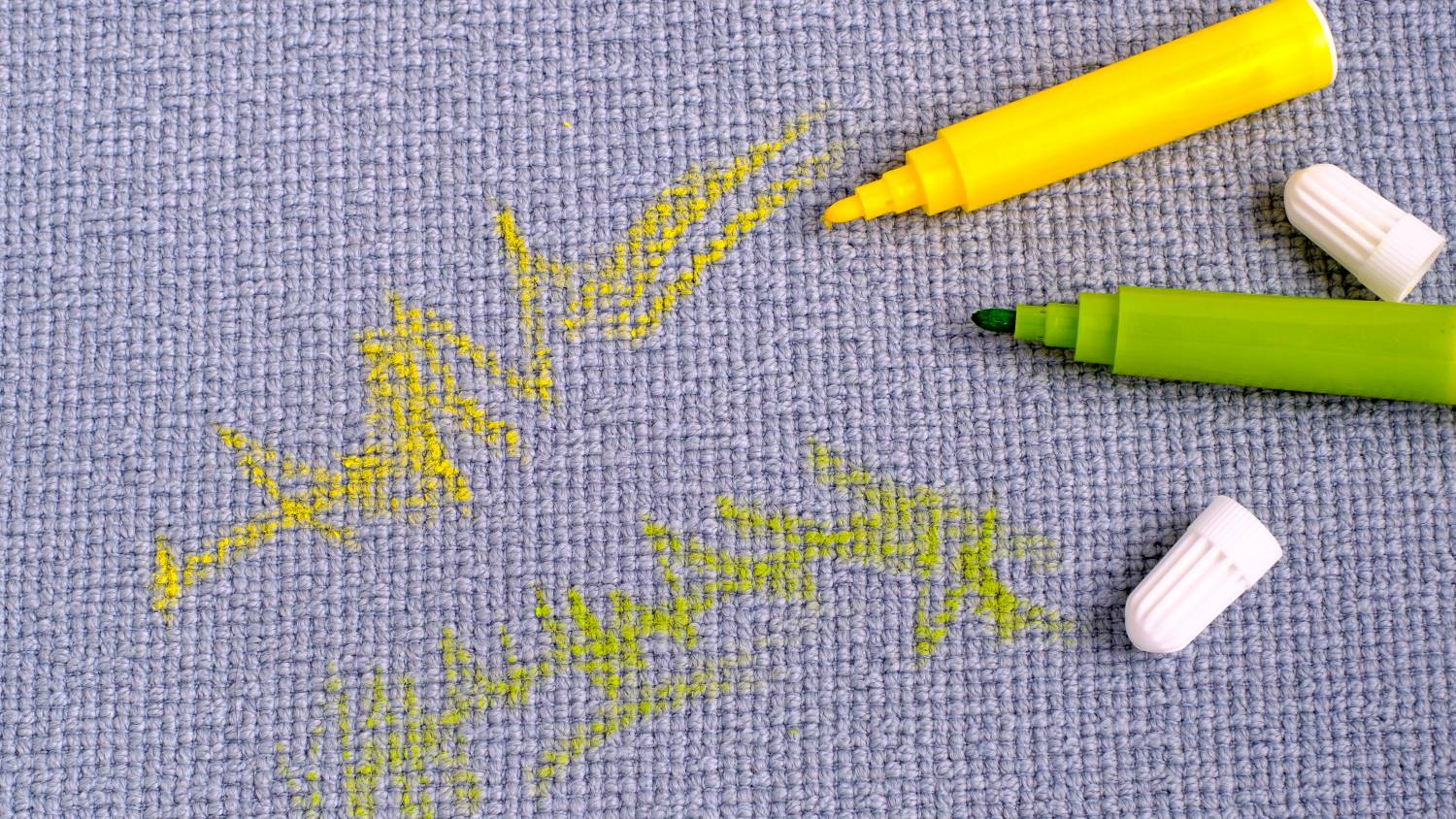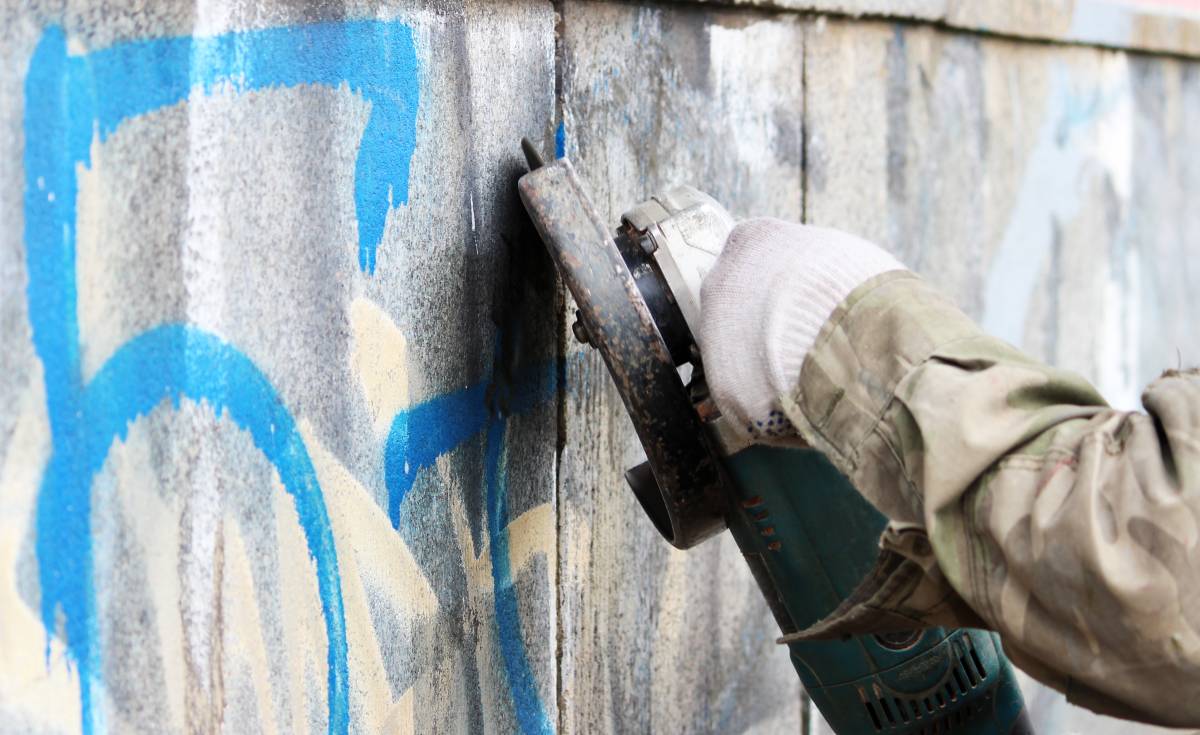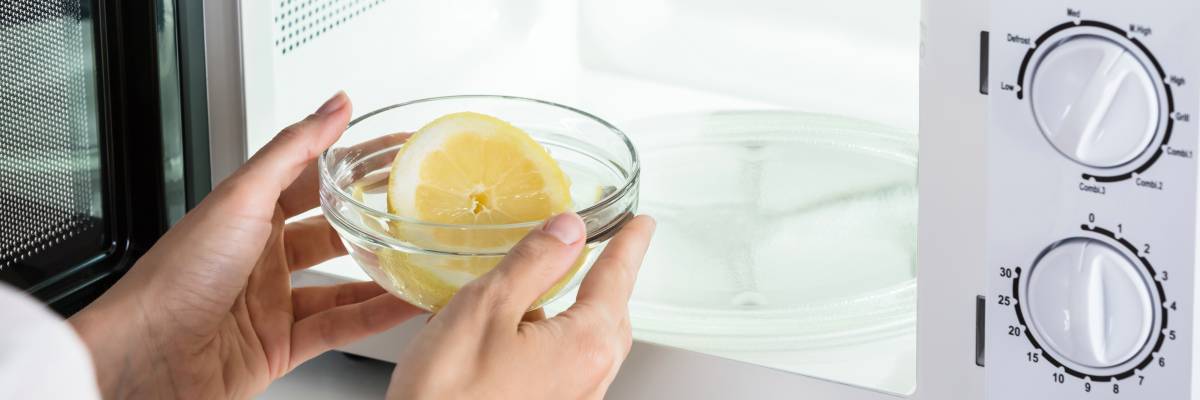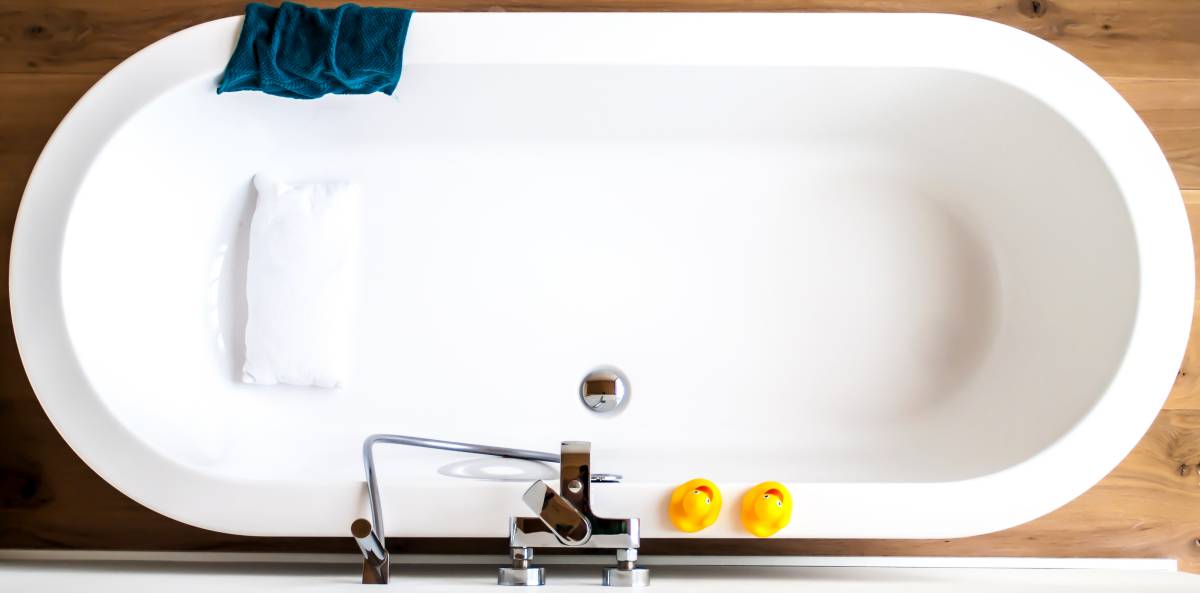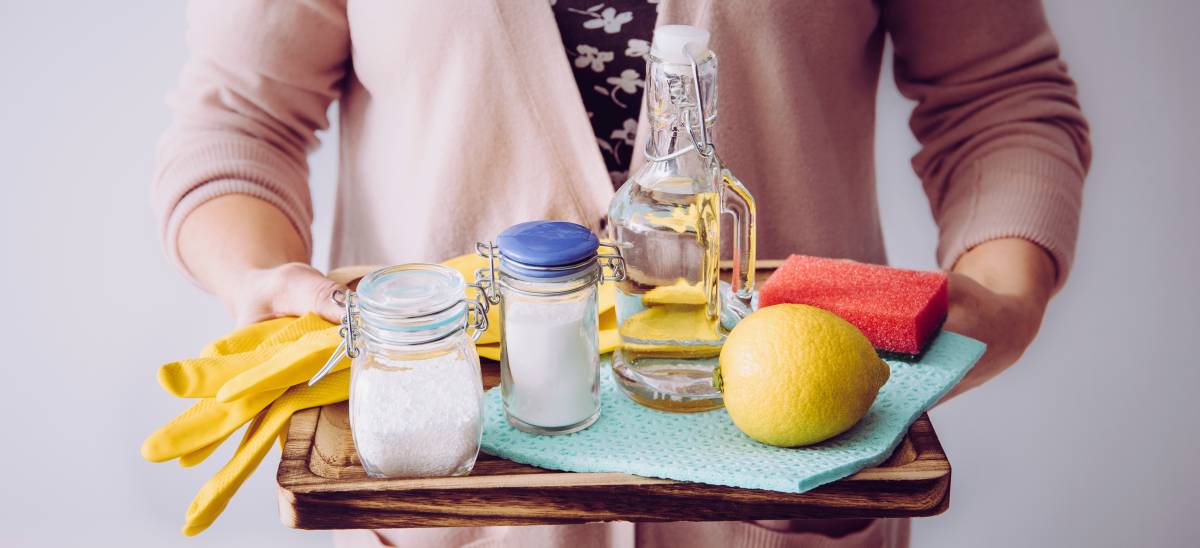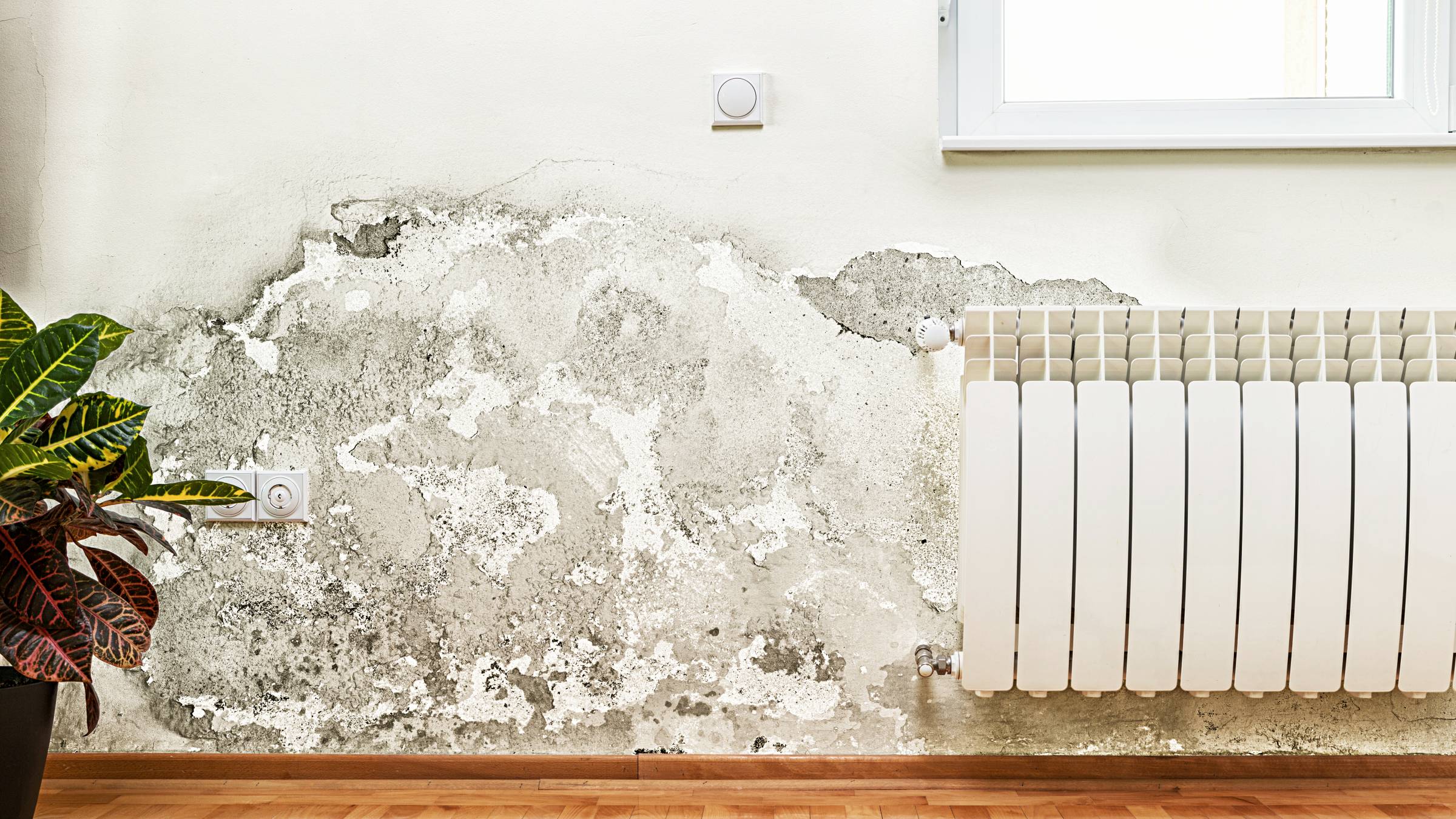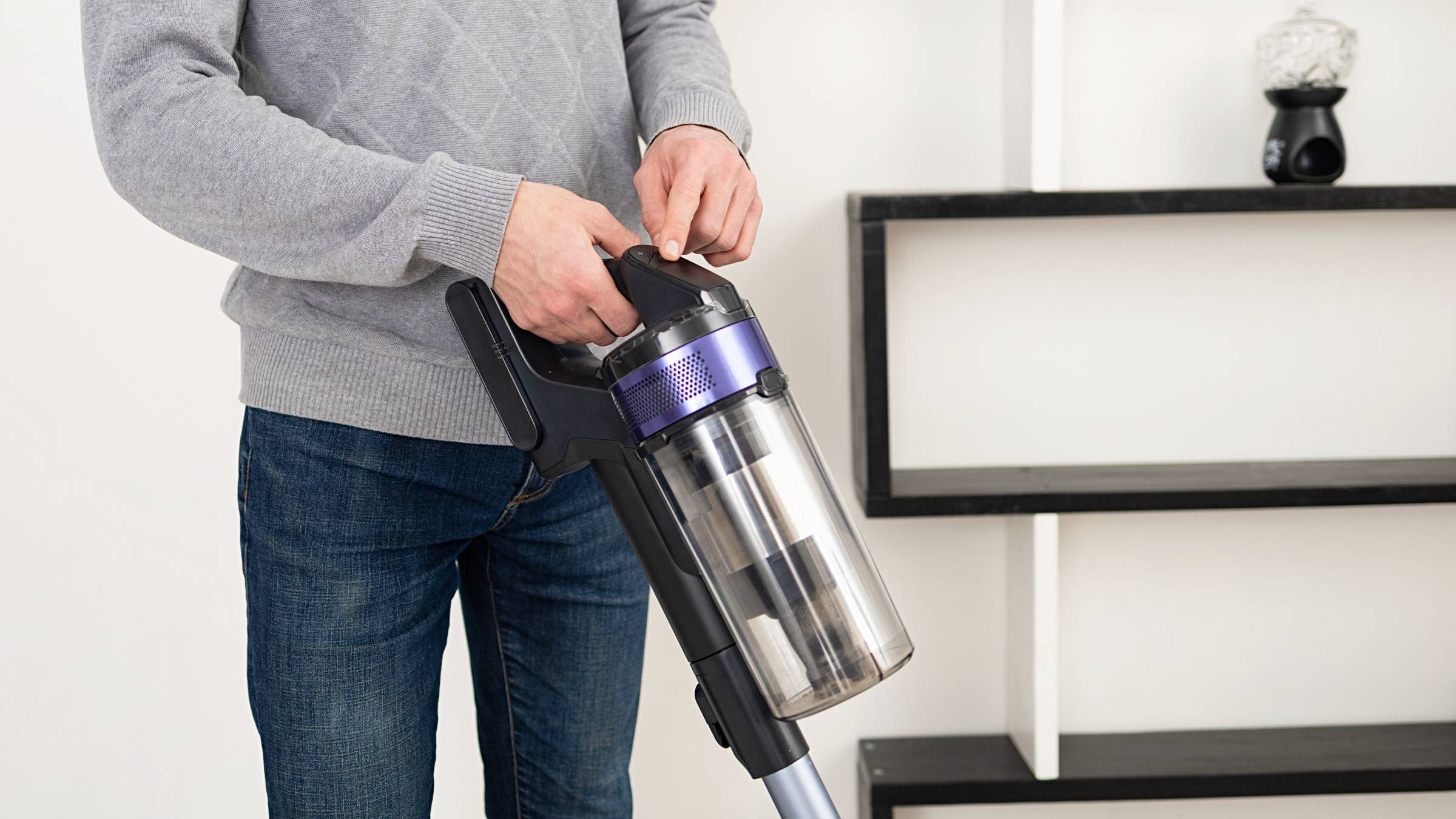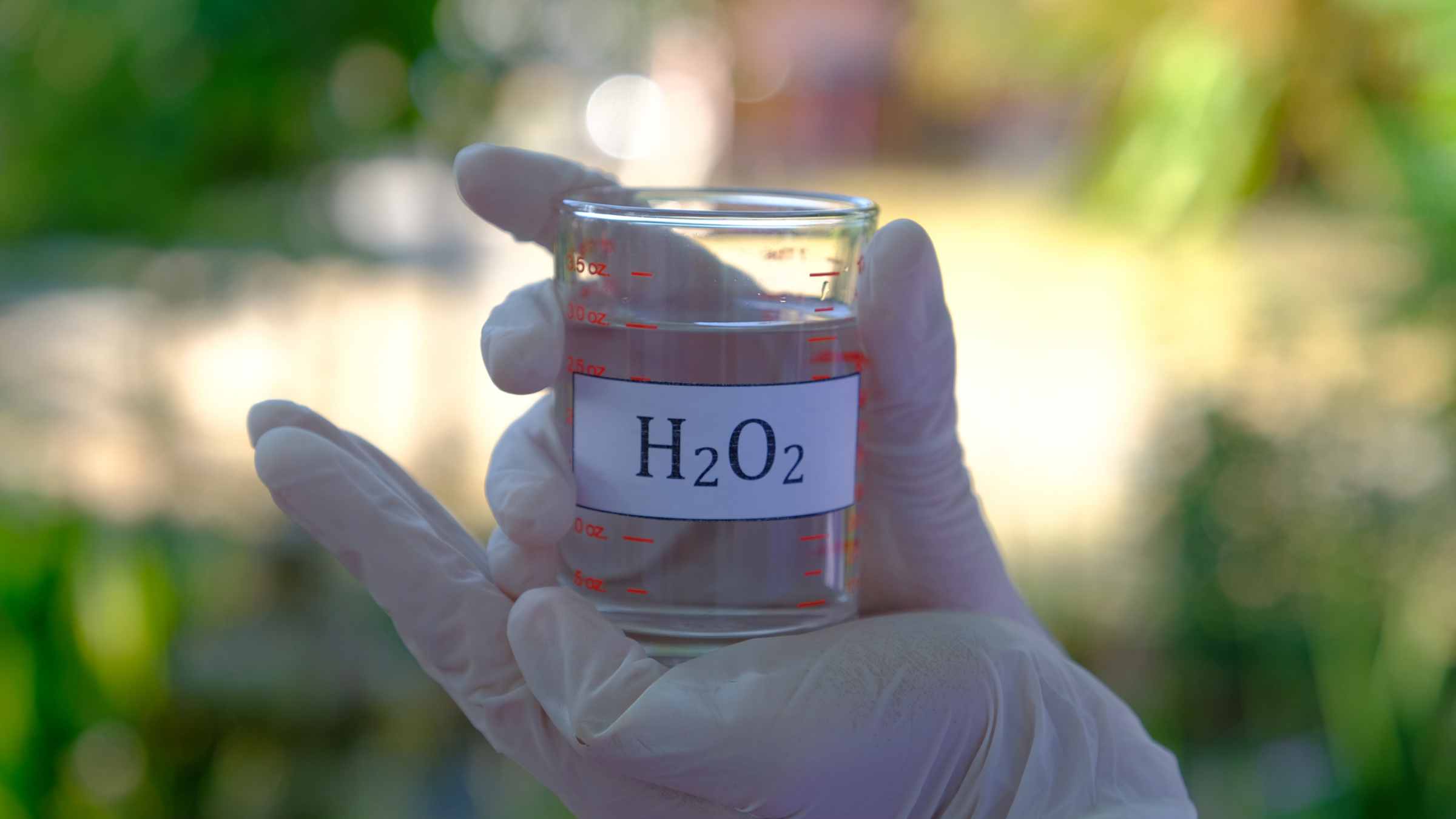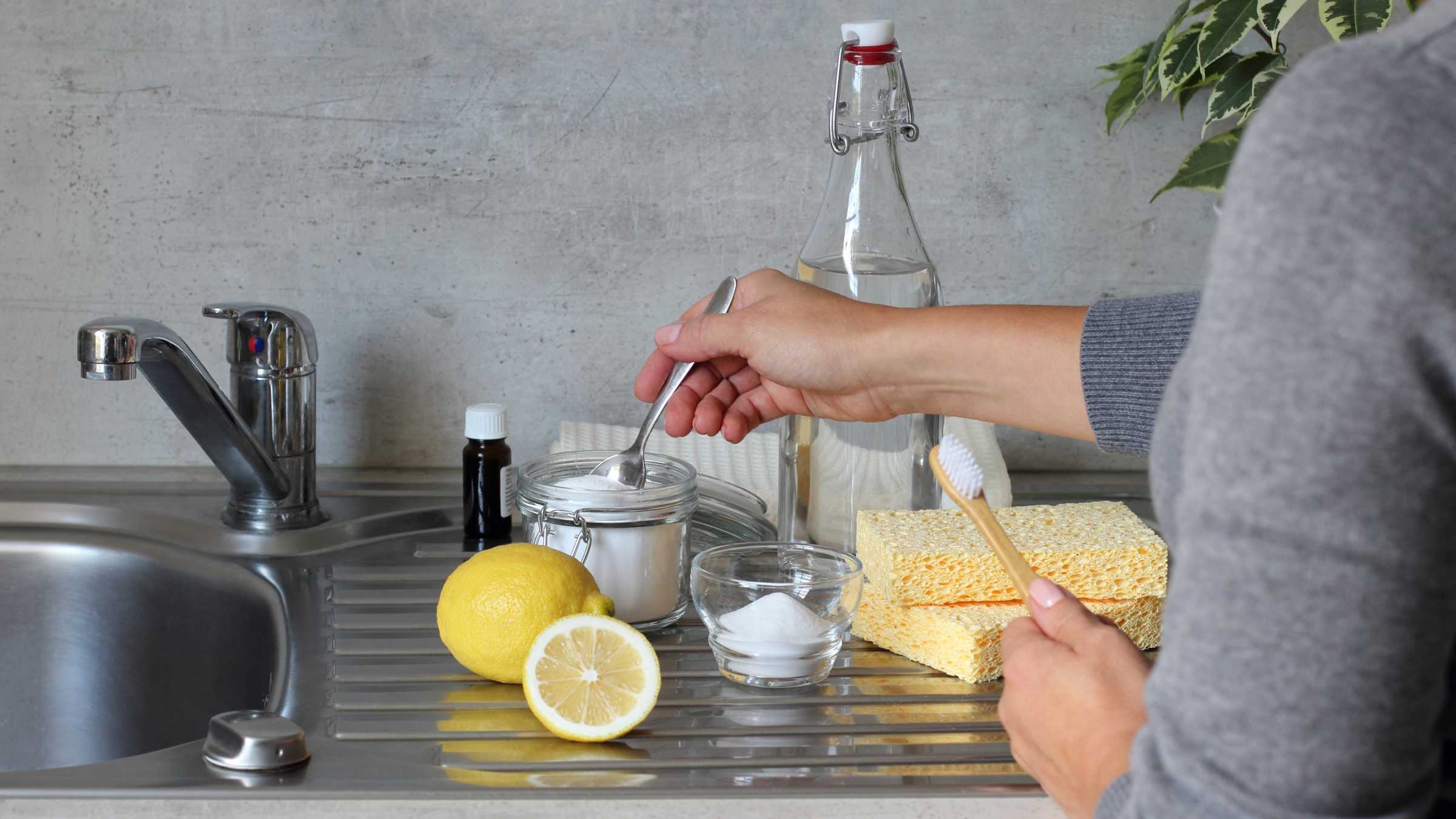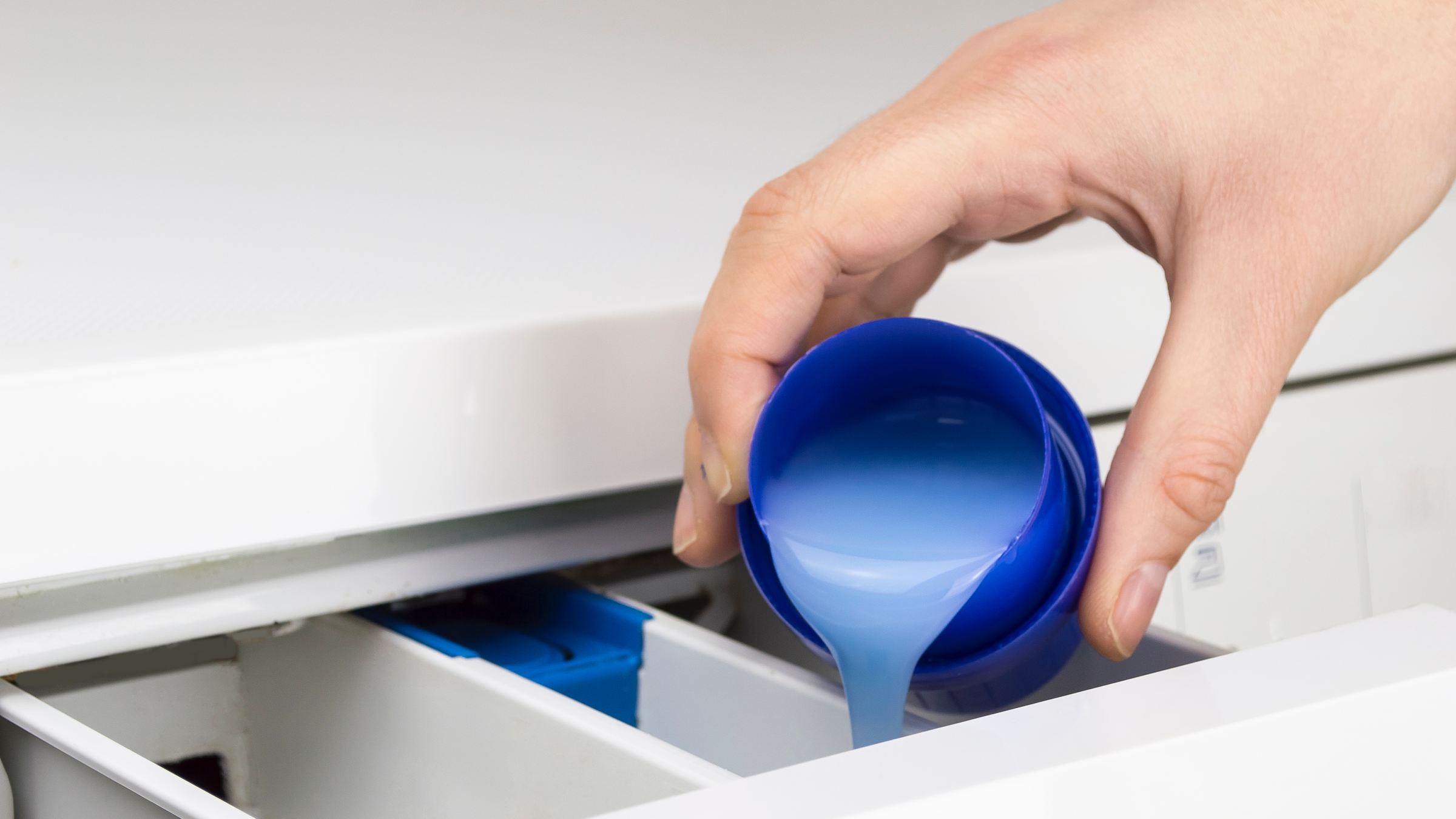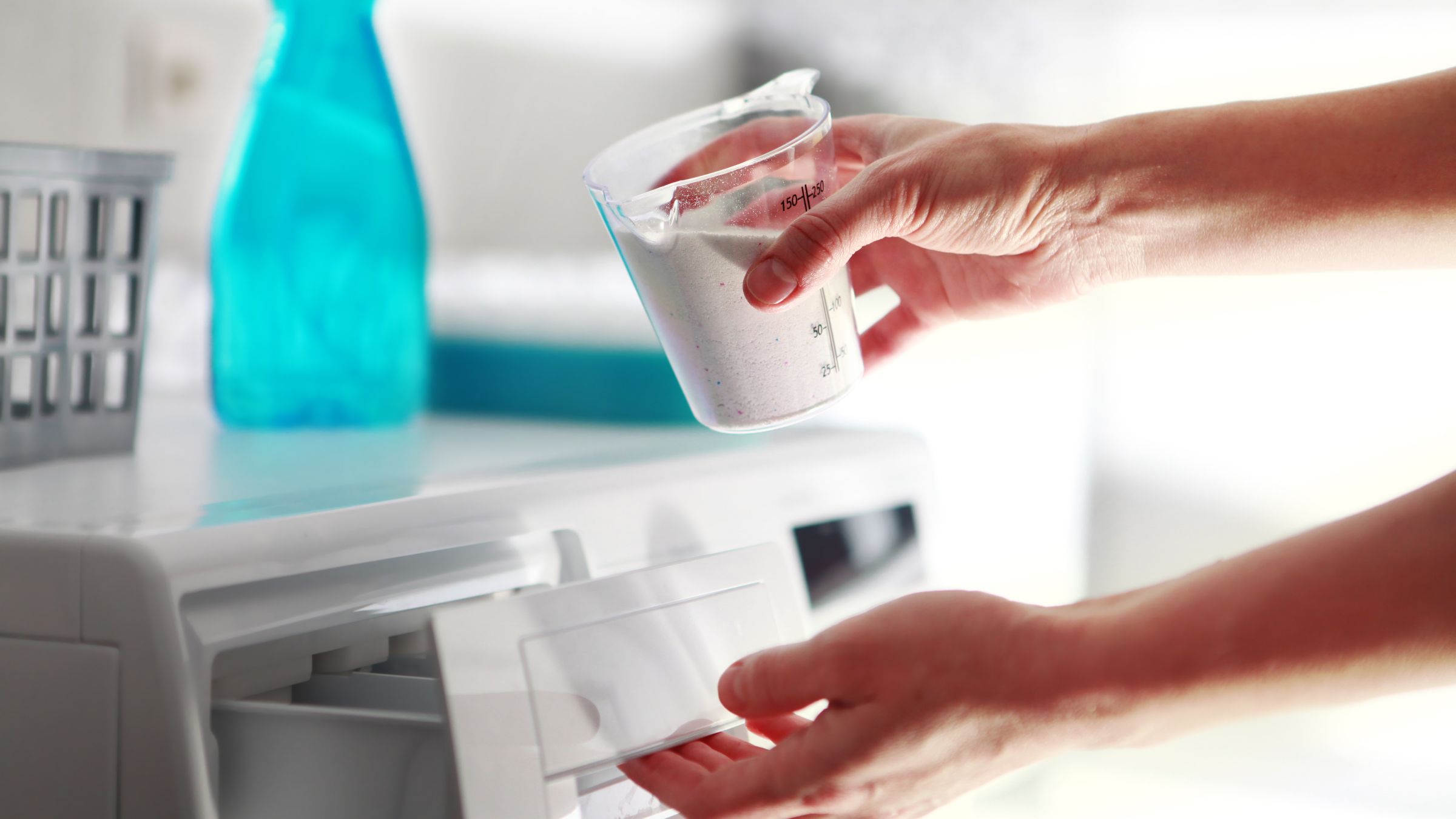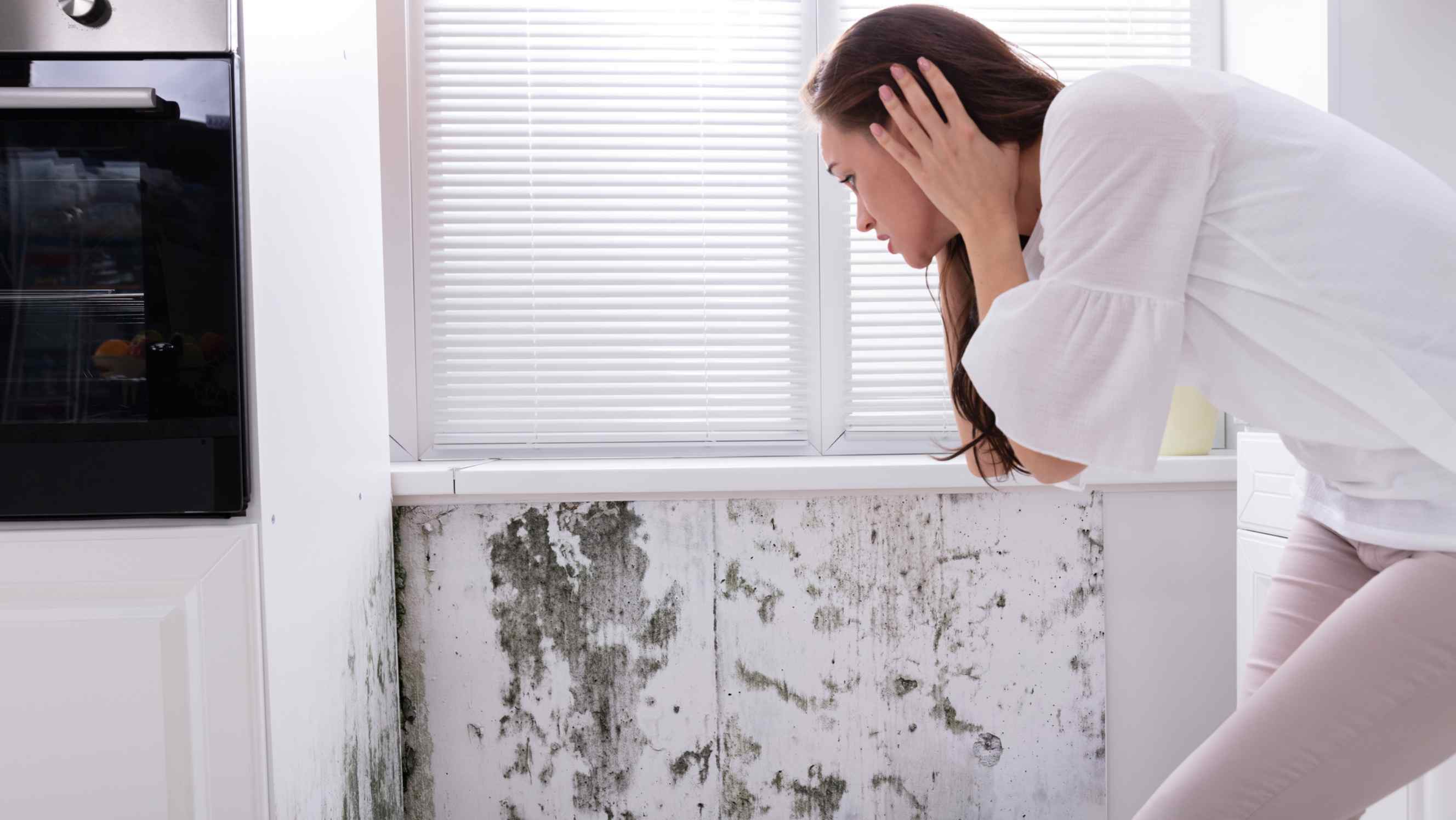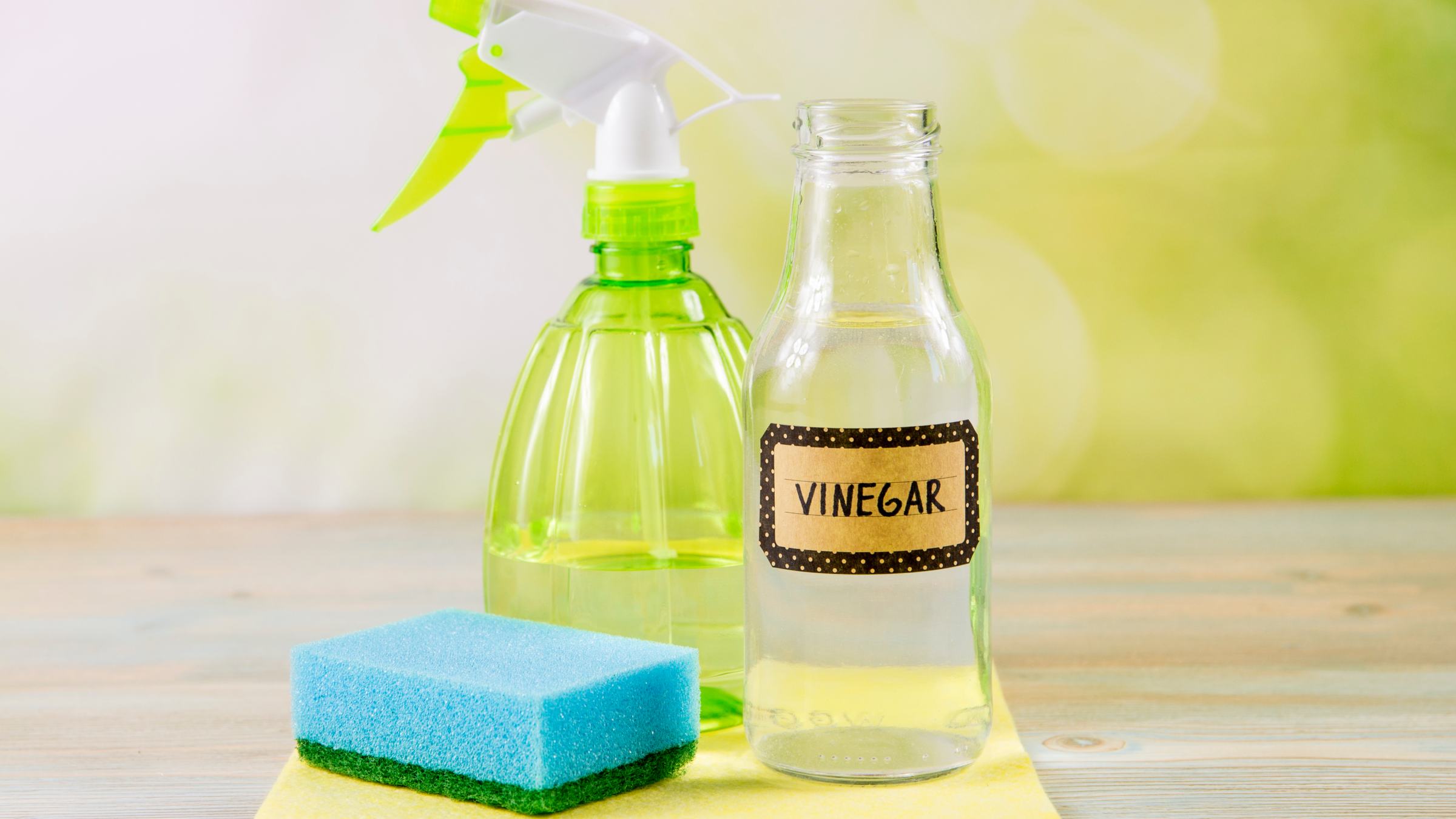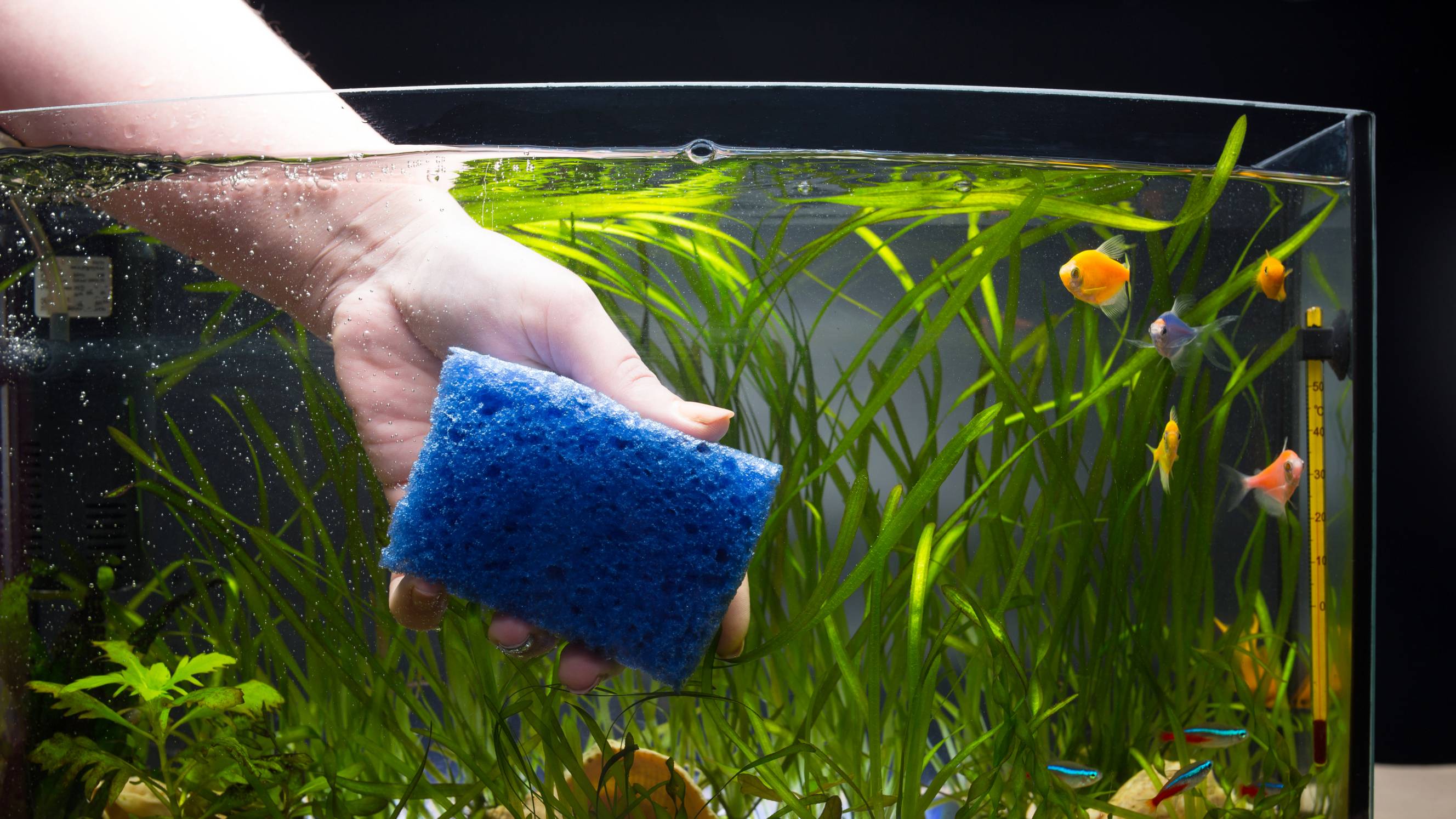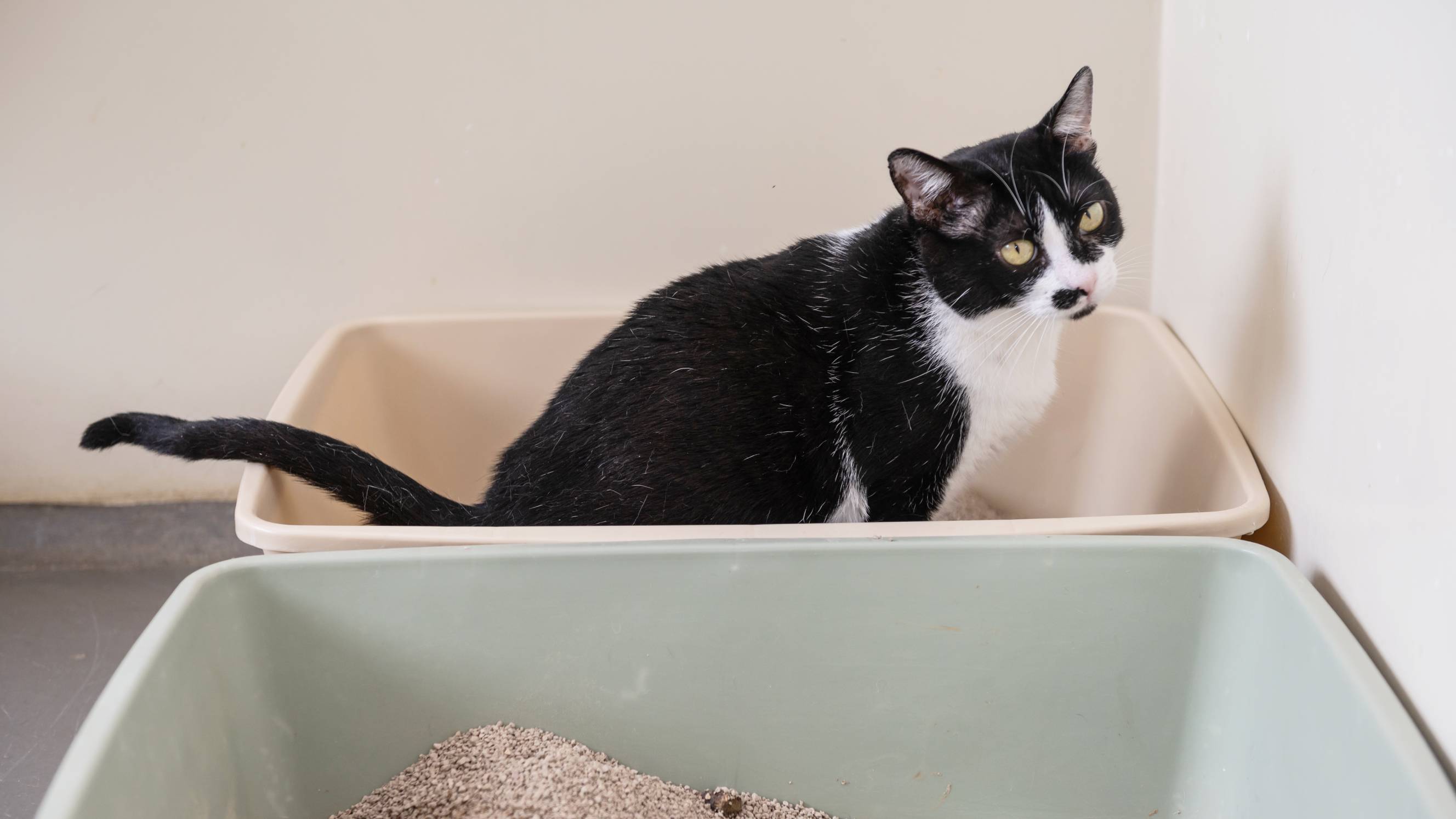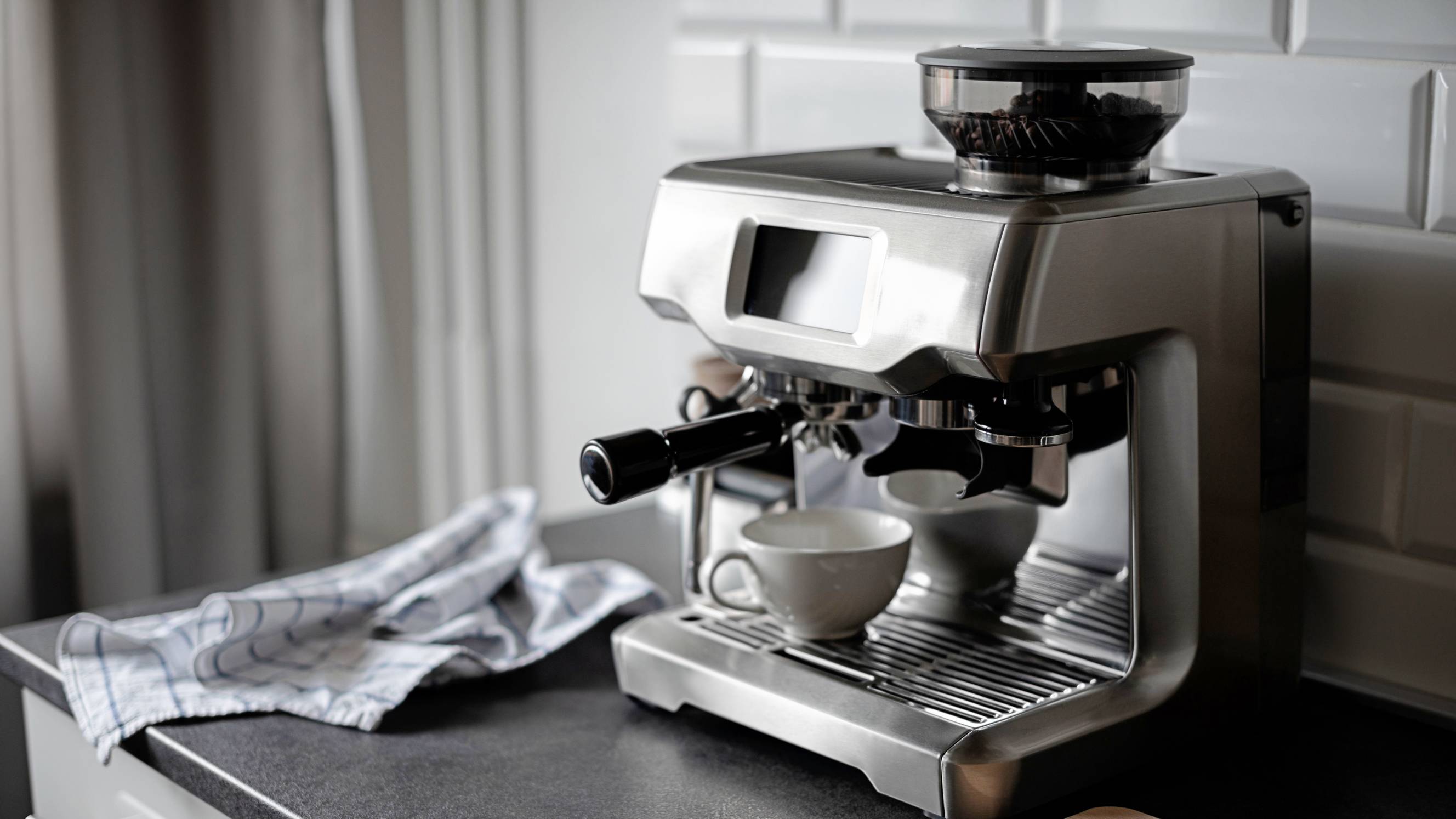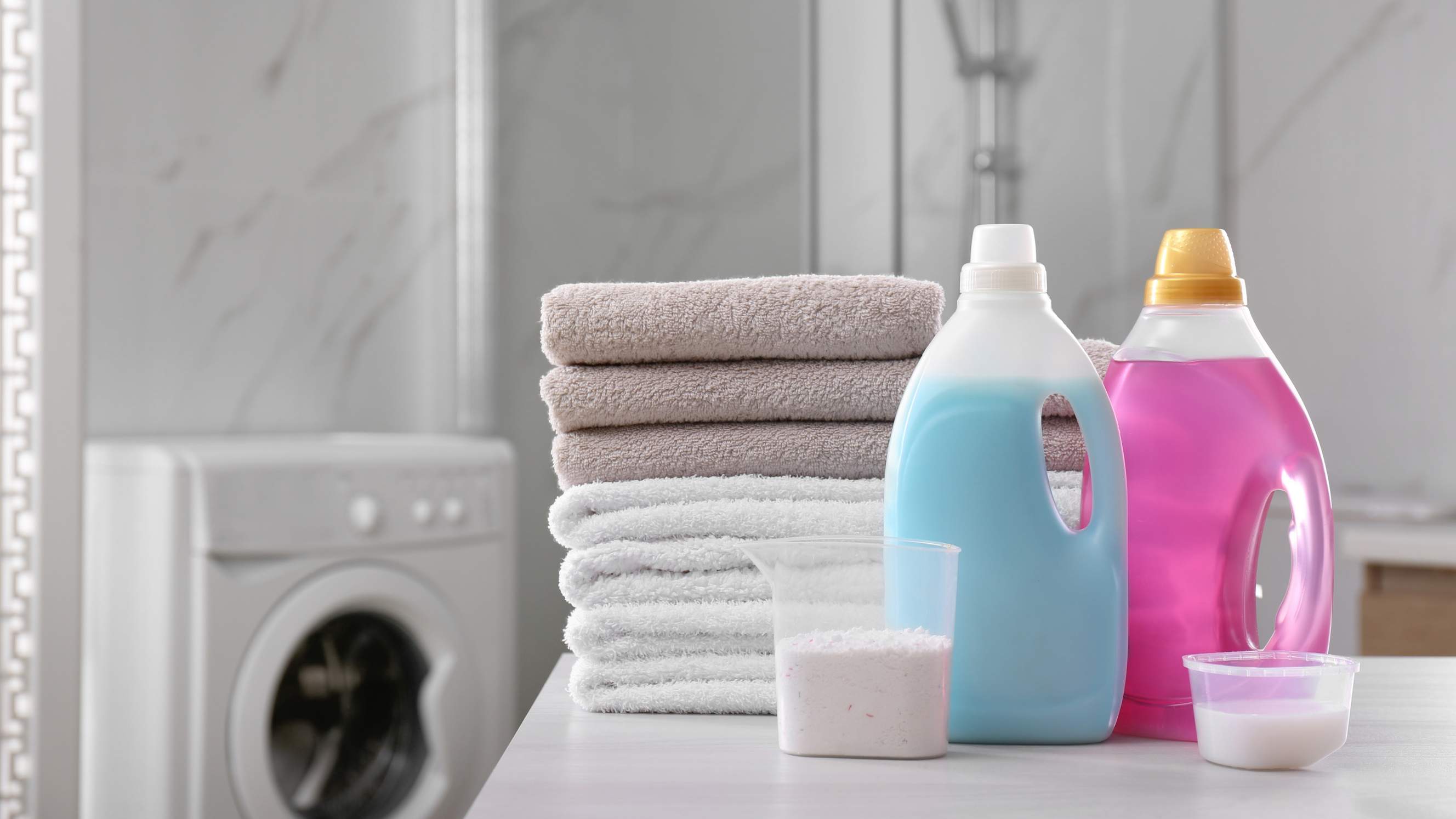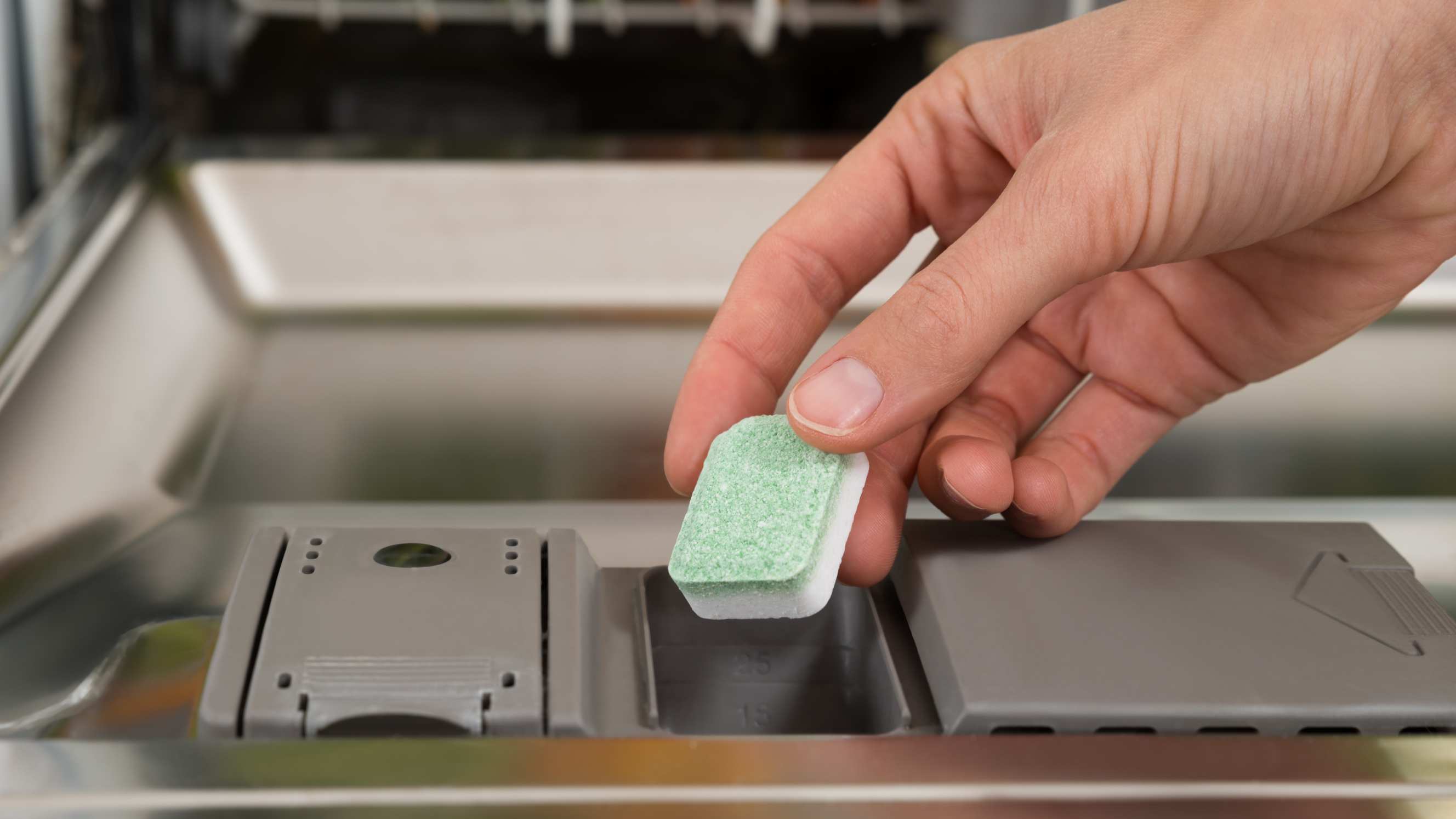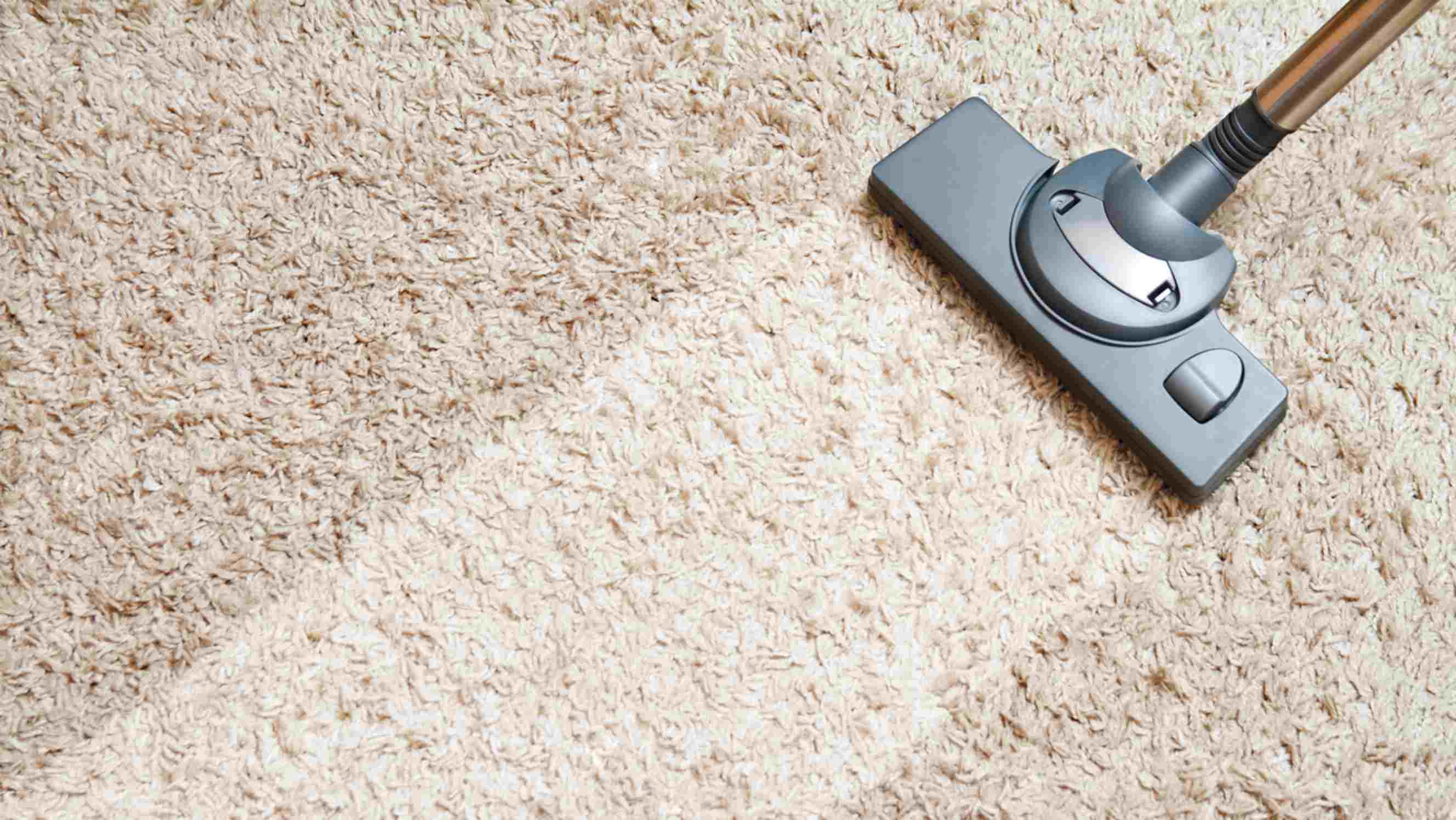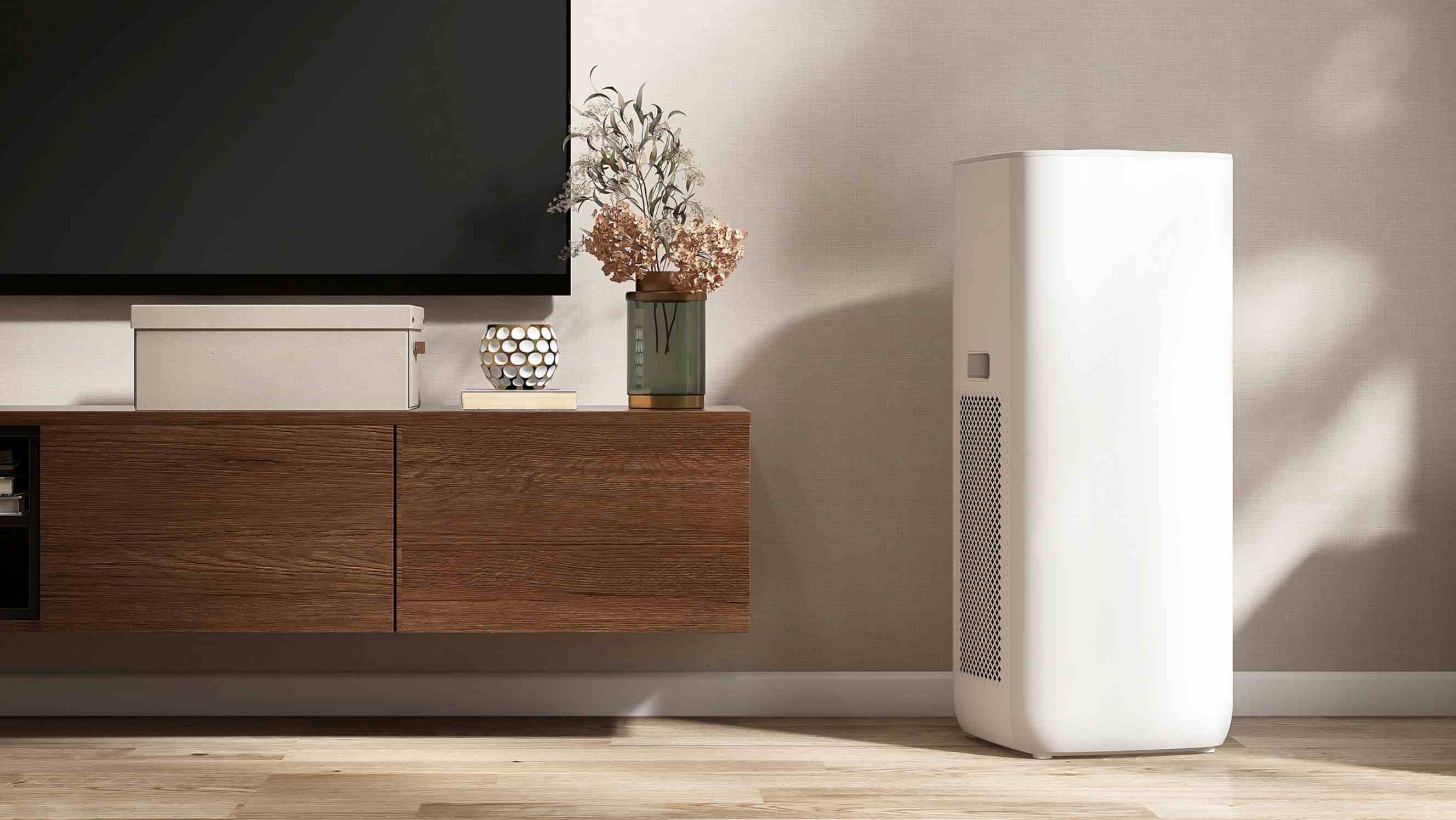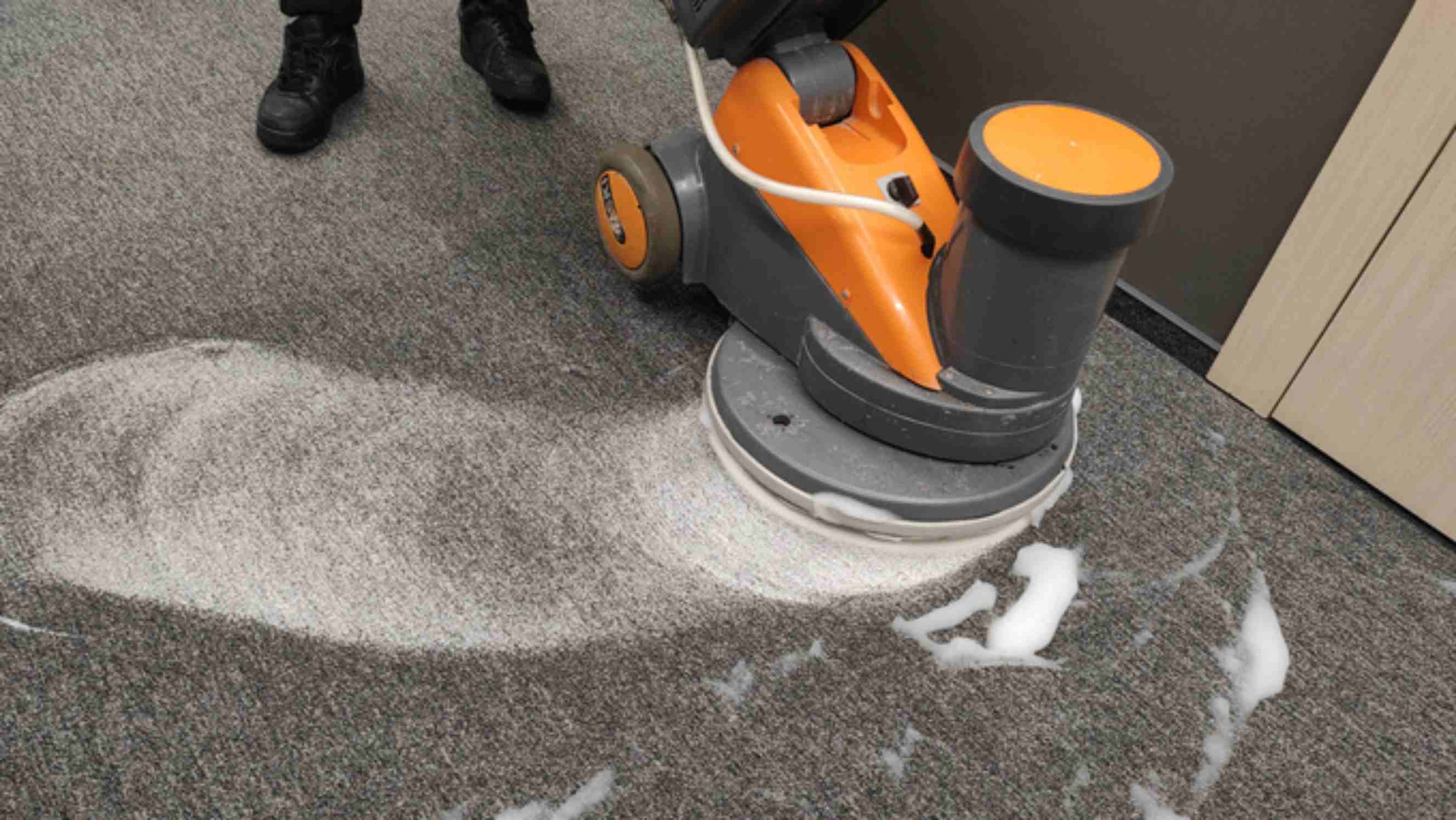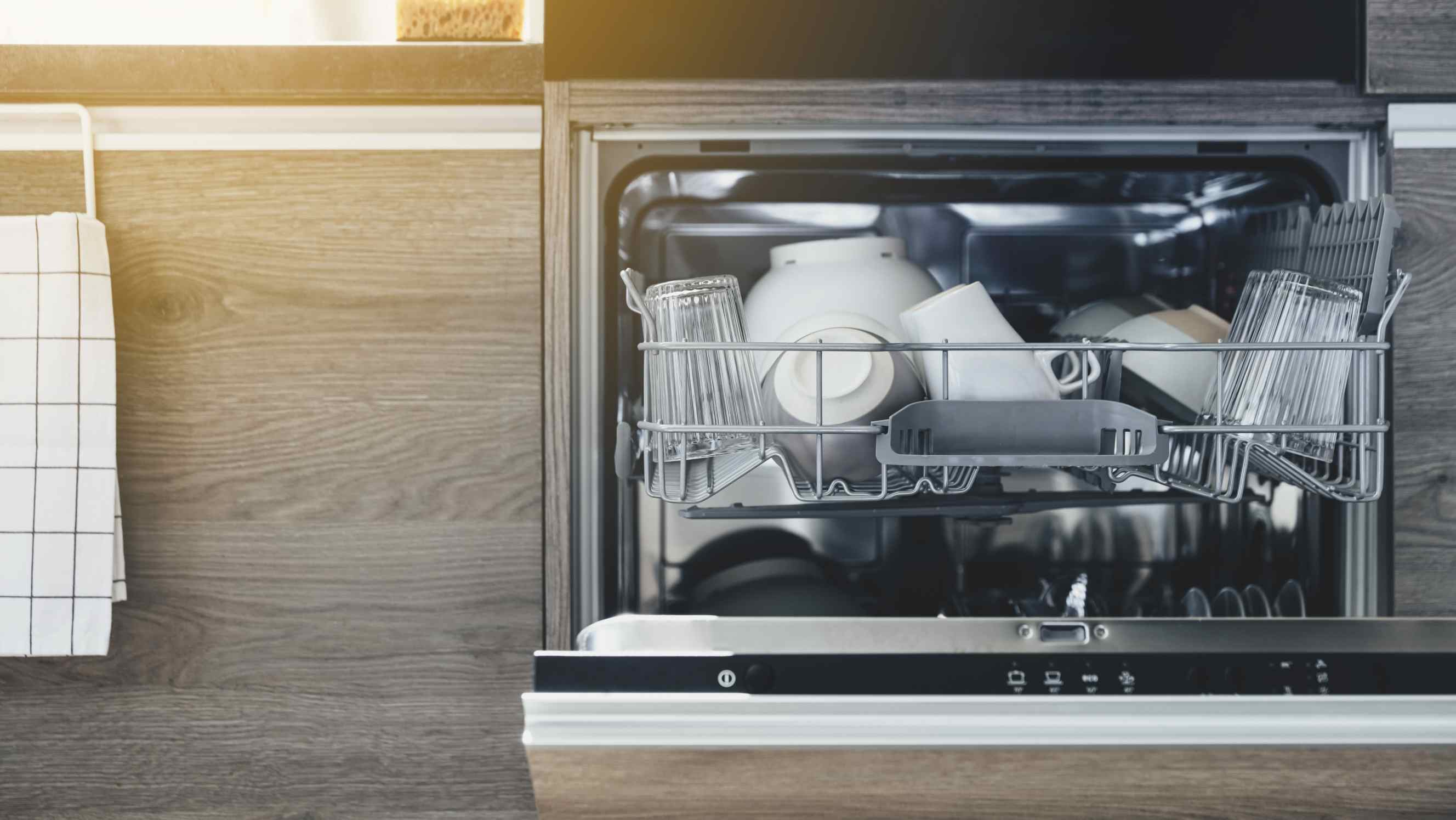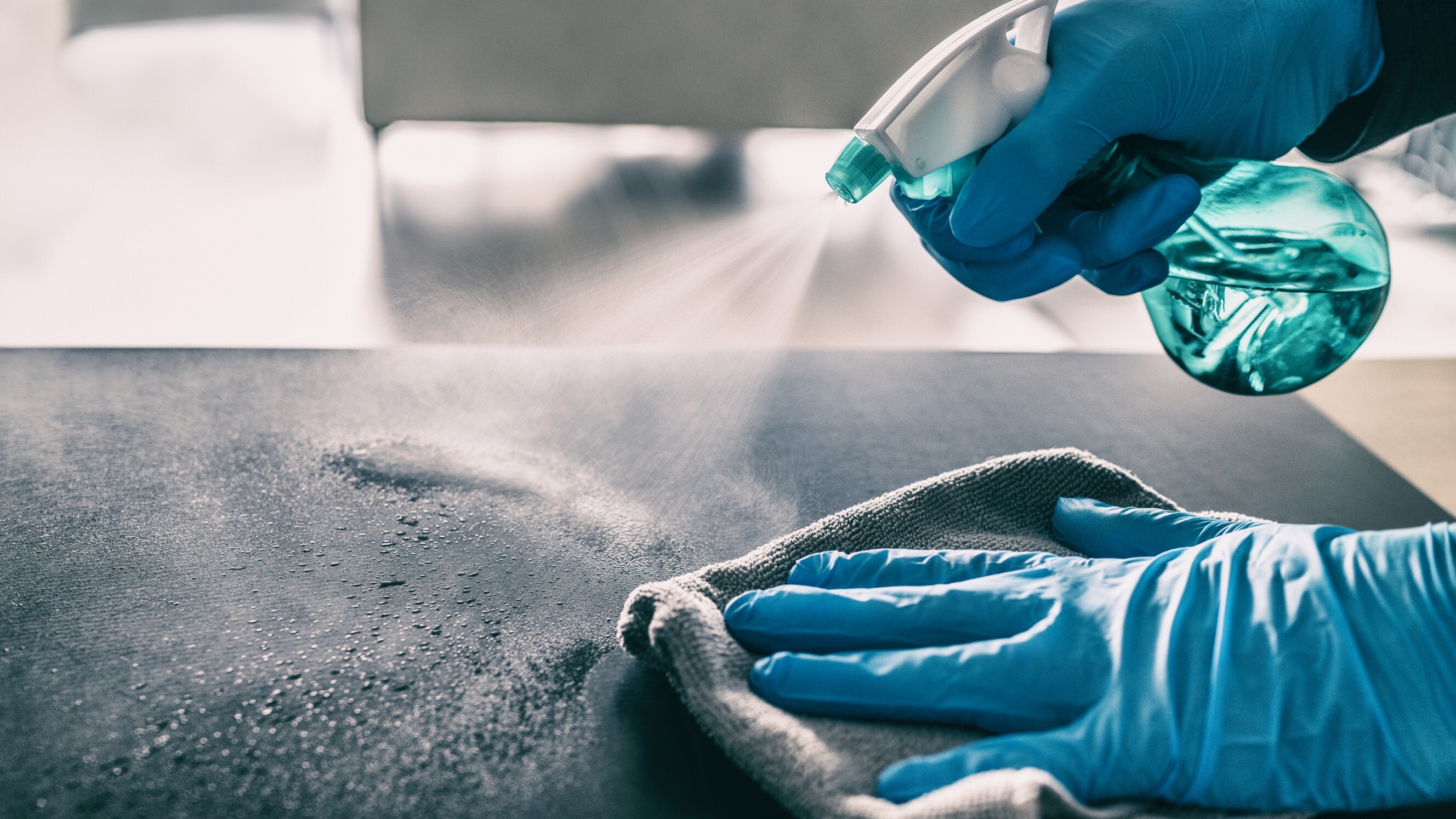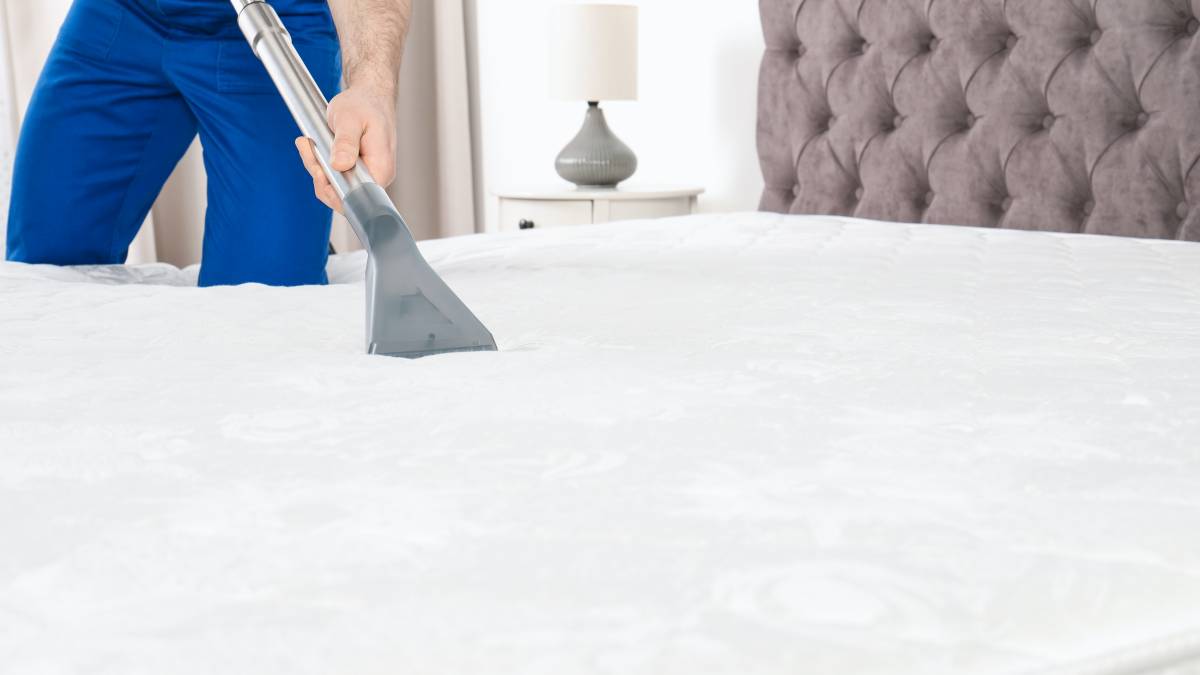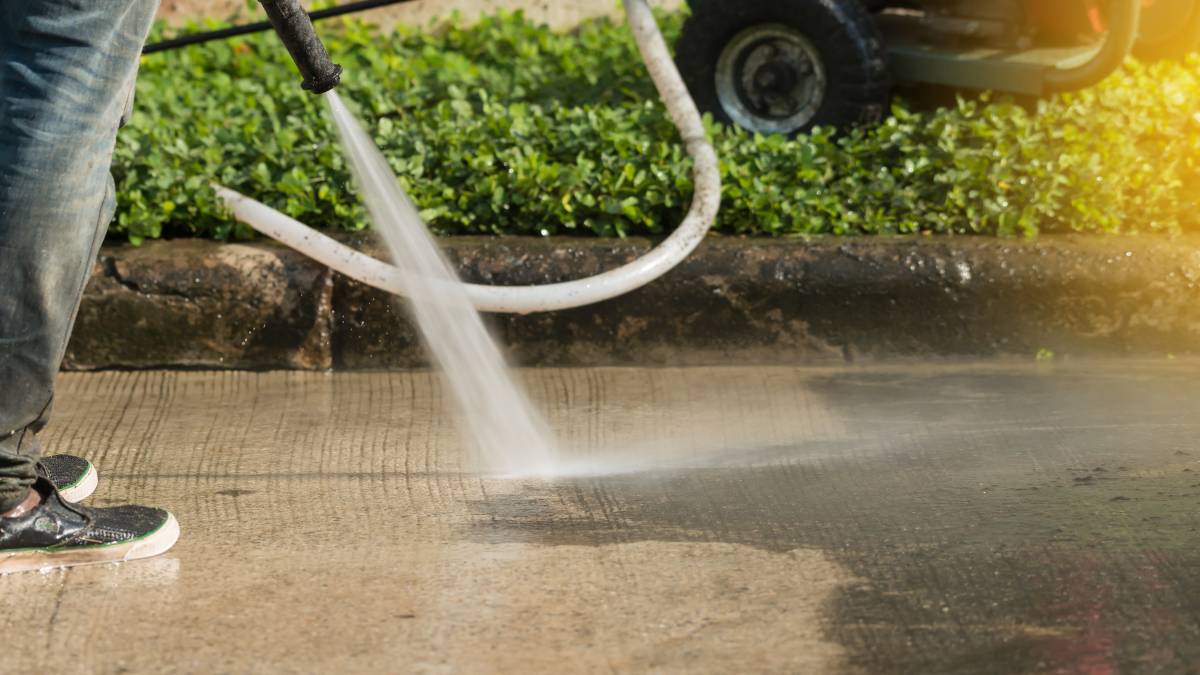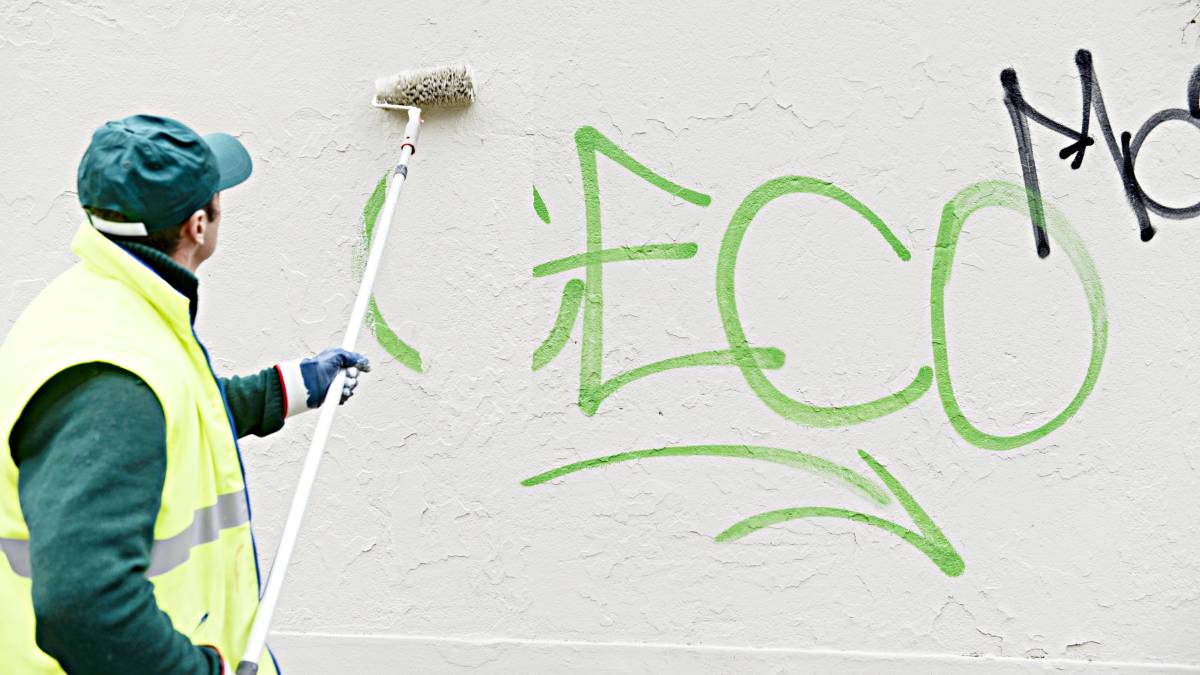- Home/
- Comparisons/
- Cleaning/
- Distilled Malt Vinegar vs White Vinegar for Cleaning
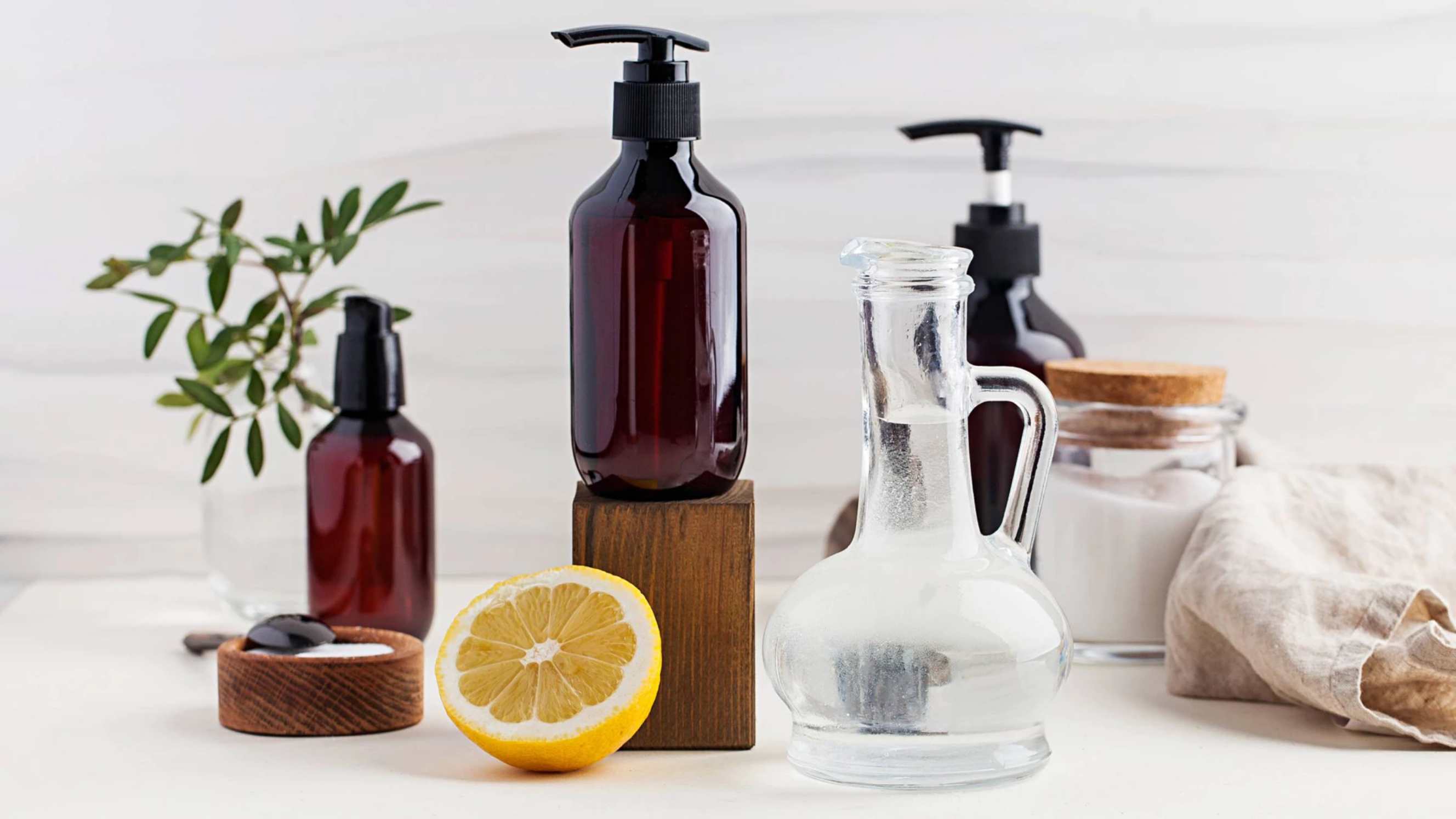
Distilled malt vinegar vs white vinegar: Which is better for cleaning your home?
Comparing distilled malt and white vinegar based on aroma, acidity, and more.
Hire a cleaning expertLast Updated on

Written by Ana K
Contributor
Read more about our contributor
Key Facts
- Distilled malt vinegar is a clear liquid often used as a condiment or a cleaning agent. This type of vinegar is made by brewing and fermenting barley malt.
- White vinegar is also a transparent liquid with kitchen and household cleaning properties. It is produced through the fermentation of pure alcohol or natural starch.
Cleaning the place you call home—whether it’s a flat or a detached property—is a necessity to maintain a healthy and organised lifestyle. It is also something that has to be done habitually instead of only now and then. As such, it’s not uncommon to find yourself looking for the best tools and products to help make the process more efficient.
Sometimes, you don’t even have to go far to search for the most effective household cleaners. In the case of vinegar, you only have to visit your kitchen pantry. However, confusion may arise regarding which type of vinegar you should choose. In line with this, this article will cover distilled malt vinegar vs white vinegar for cleaning and how you can maximise their use.
What is distilled malt vinegar?
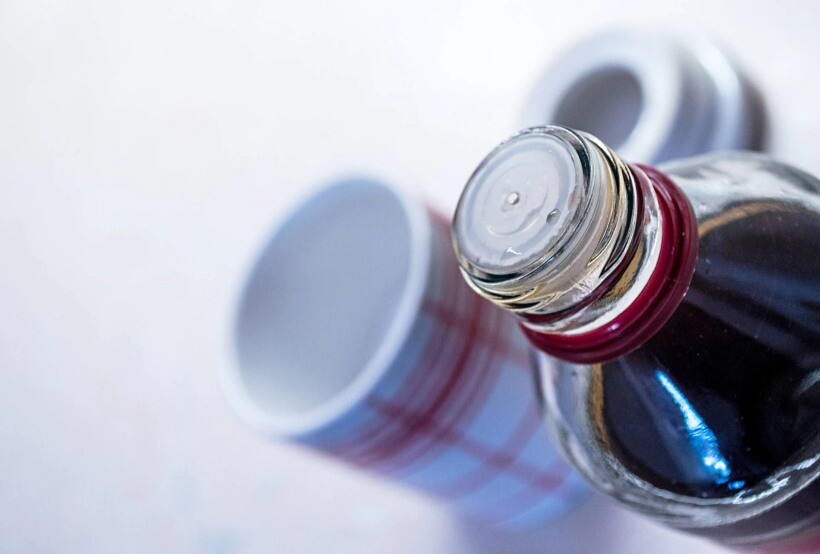 An open bottle of distilled malt vinegar positioned beside a mug (Source: iStock)
An open bottle of distilled malt vinegar positioned beside a mug (Source: iStock)
Distilled malt vinegar, which originated centuries ago, is made from malted barley that is soaked, allowed to germinate, and fermented through a series of processes mostly similar to those used in beer production.
Unlike brown malt vinegar, the distilled kind may not be the best condiment to go with fish and chips. However, its nutty flavour lends itself well to being mixed with salad dressings, sauces, and dishes.
If you are wondering if you can use distilled malt vinegar for cleaning, you’ll be happy to know that its usage also extends to housekeeping.
What is white vinegar?
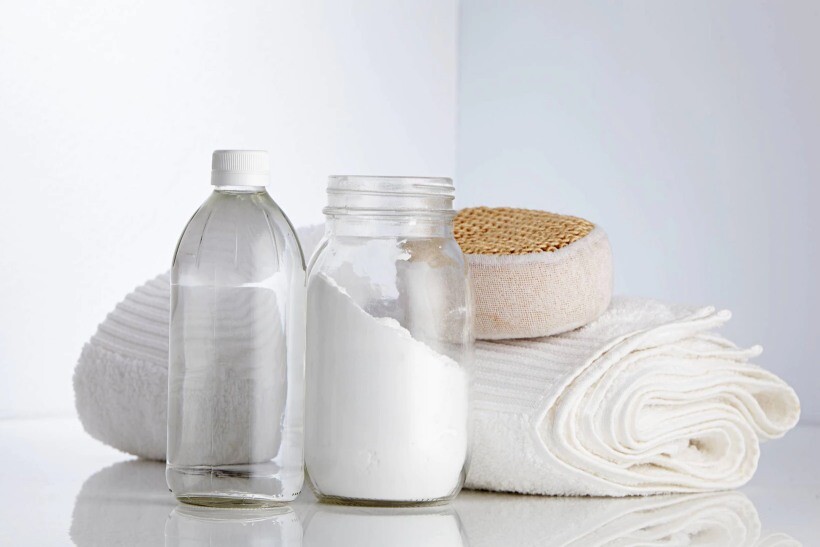 A bottle of white vinegar next to a jar of detergent, ready for laundry use (Source: iStock)
A bottle of white vinegar next to a jar of detergent, ready for laundry use (Source: iStock)
White vinegar is a liquid made through a chemical reaction between ethanol and acetic acid bacteria. Many people keep a stock of this mixture for different purposes, including cooking and baking, as well as cleaning different personal and household items. Health-conscious individuals also use this distilled vinegar to regulate blood sugar and cholesterol.
Distilled malt vinegar or white vinegar: Which is better for your needs?
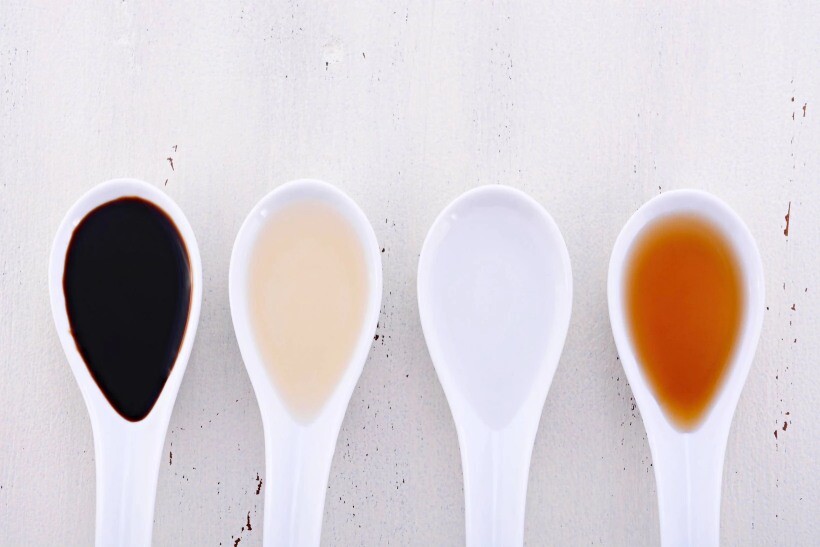 Four samples of vinegar, each presented in a spoon (Source: iStock)
Four samples of vinegar, each presented in a spoon (Source: iStock)
Many people wonder, is distilled malt vinegar the same as white vinegar? The answer is no. Although both vinegars are clear and used in cooking and as condiments, they are made from different ingredients and have different cleaning abilities.
If you have both distilled malt vinegar and white vinegar at hand, it is essential to know which product is more effective based on what you’ll be cleaning and the process you’ll be employing. This is because each type of vinegar has qualities that make it great for certain things and traits that make it unsuitable for others.
Below, we’ll take a deeper look into the differences between malt vinegar and white vinegar and determine which one is more suitable for your cleaning needs.
In terms of cost
If cost is your main concern when choosing a cleaning product, know that the difference between the price tags of these vinegar types is often negligible. Most are also very affordable—going as low as £0.20 per litre—but it can get pricey if you opt for a premium brand.
In terms of aroma
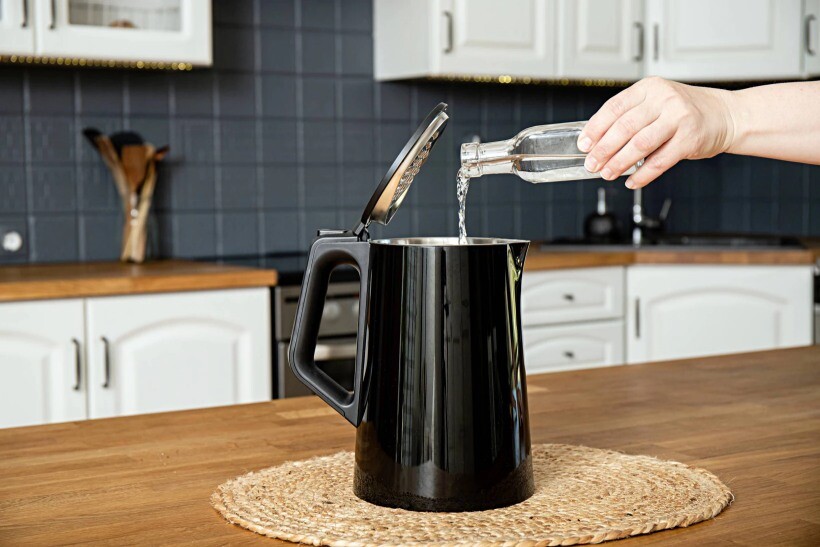 Descaling an electric kettle with white vinegar (Source: iStock)
Descaling an electric kettle with white vinegar (Source: iStock)
One way of setting these two vinegar types apart is through their smell. Distilled malt vinegar has a strong, tangy scent that can last for a long time. Meanwhile, the aroma of white vinegar is not very discernible and quickly disappears.
The difference in smell between distilled malt vinegar and white vinegar is due to variations in the fermentation process and ingredients used, resulting in distinct aromatic profiles for each type.
In terms of acidity/pH level
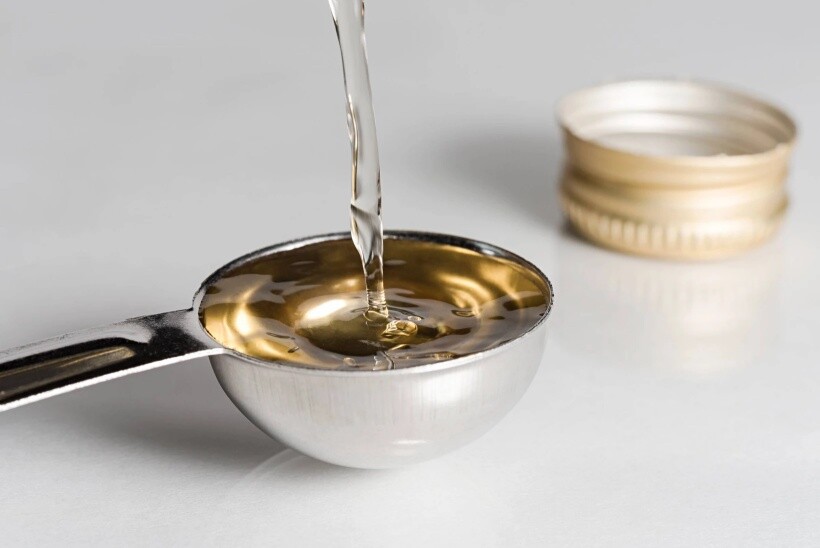 A measuring spoon filled with white vinegar (Source: iStock)
A measuring spoon filled with white vinegar (Source: iStock)
This is probably one of the most important factors when choosing vinegar for cleaning purposes. Generally, white vinegar with a higher acetic acid content (up to 20%) performs better in removing dirt, mould and mildew, stains, and odour.
However, this does not mean that distilled malt vinegar cannot handle other forms of cleaning. White malt vinegar can still be effective for certain cleaning tasks, such as polishing metal surfaces or removing mineral deposits.
In terms of staining potential
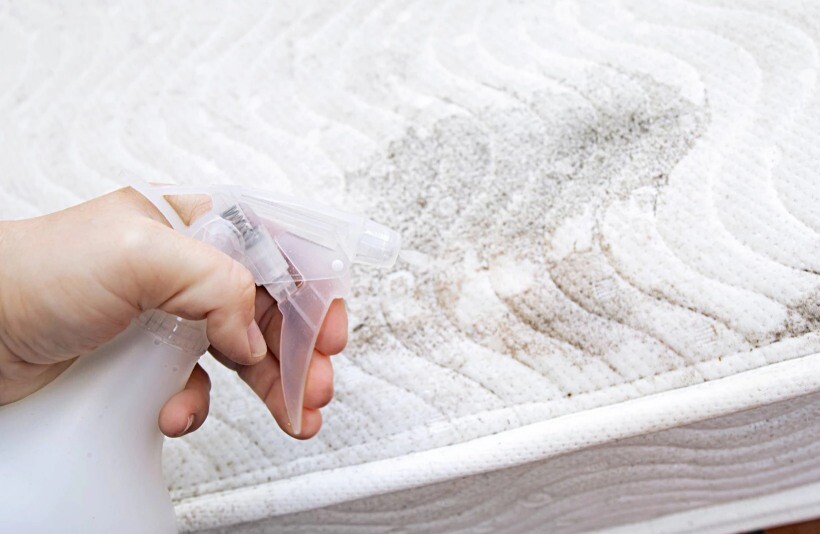 Treating a mattress with vinegar to eliminate mould stains (Source: iStock)
Treating a mattress with vinegar to eliminate mould stains (Source: iStock)
Distilled white vinegar is similar to distilled malt vinegar in terms of colour since they are both clear. Nevertheless, some distilled malt vinegars contain specks of brown tannins. These can sometimes transfer to interior and exterior surfaces even when placed in a spray bottle, which may defeat the purpose of cleaning.
If you’re concerned about potential discolouration or residue, it’s advisable to opt for white vinegar, as it’s less likely to leave any visible marks on the surfaces you’re cleaning.
In terms of surface suitability
Both white and distilled malt vinegar may be used to remove mould and dirt from hard surfaces. They are also good for cleaning concrete walls and mopping floors. However, white vinegar is a more suitable cleaner when dealing with delicate surfaces and items that can absorb smells.
Note that some items (such as electronics, rubber gaskets, and jewellery) and materials (including aluminium and cast iron) may be damaged if they interact with even a few drops of vinegar. Mixing vinegar with hydrogen peroxide, bleach, or ammonia is also a no-no.
In terms of eco-friendliness
Both distilled malt and white vinegar are generally eco-friendly due to their biodegradable and renewable properties, as well as their plant-based ingredients. Consequently, they may also be considered vegan- and vegetarian-friendly.
Opting for distilled malt and white vinegar can also contribute to reducing the use of harsh chemicals in your cleaning routine. This promotes a healthier living environment for both humans and pets.
Clean your home well with Airtasker
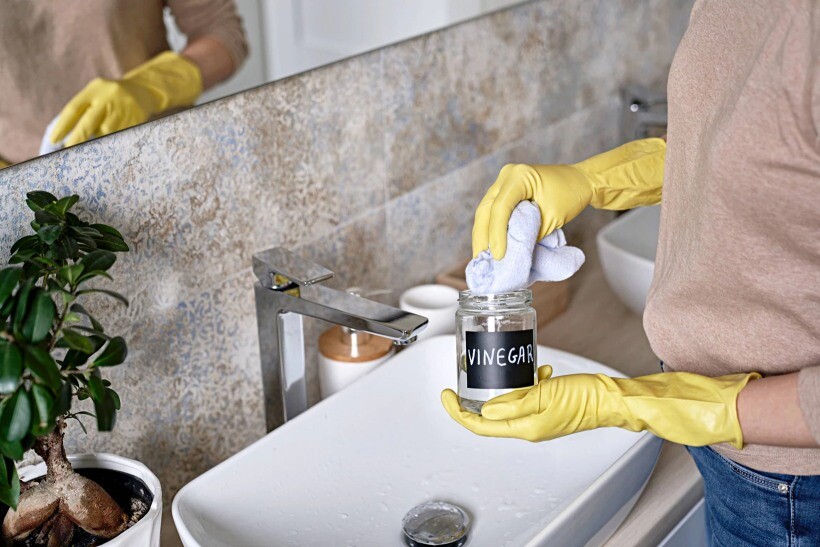 Cleaning a bathroom sink using vinegar (Source: iStock)
Cleaning a bathroom sink using vinegar (Source: iStock)
Ultimately, if you require assistance in home cleaning—whether using vinegar or other natural products—Airtasker can help you connect with professional cleaners. Here’s a breakdown of the process to make things easier for you:
Post a task on the website with details like the service you need, your location, and your budget.
Once Taskers have replied to your ad, read the reviews others have written about them.
You can finally choose the cleaning professional that best suits your criteria.
Learn more about our contributors

Written by Ana K
Contributor
Ana always puts a premium on accuracy, clarity, and style when writing—a practice that her English degree has instilled in her. She excels at covering topics related to pet care, home and interior design, and food, which count among her varied interests. She also enjoys nature and street photography, as well as travelling. Overall, Ana uses her love for research to engage Airtasker readers with fun, practical content.
Cleaning with distilled malt vinegar vs white vinegar
| Distilled Malt Vinegar |
White Vinegar |
|
|---|---|---|
|
Cost |
Affordable, about the same as white vinegar |
Affordable, about the same as distilled malt vinegar |
|
Aroma |
Has a strong scent that lingers |
Has a smell that easily goes away |
| Acidity/pH Level |
Less acidic than white vinegar |
Has greater acetic acid content, which makes it good for cleaning |
| Staining Potential |
May contain tannins that leave brown stains on surfaces |
Doesn’t leave a stain |
| Surface Suitability |
Suits several hard surfaces |
Suits several hard and delicate surfaces |
| Eco-friendliness |
Plant-based and renewable |
Also plant-based and renewable |
FAQs on distilled malt vinegar and white vinegar
Yes, vinegar becomes less effective for cleaning over time. This is because its acetic acid content, the vinegar component that makes it a potent cleaning agent, can evaporate.
Although vinegar can be used as a disinfectant, it should not be used as a stand-alone method for sanitising your home. This fact also applies to apple cider vinegar.
It is not advisable to mix vinegar and baking soda, despite common belief. A mixture of the two is not as effective as a cleaning product compared to when they are used separately.
Yes, you can use white vinegar as a substitute for white wine vinegar for cleaning purposes. However, keep in mind that white vinegar has a stronger smell compared to white wine vinegar, so you may want to ensure proper ventilation when using it for cleaning.
Find cleaners, fast
Post a task
Related articles

How to clean Venetian blinds
Read more
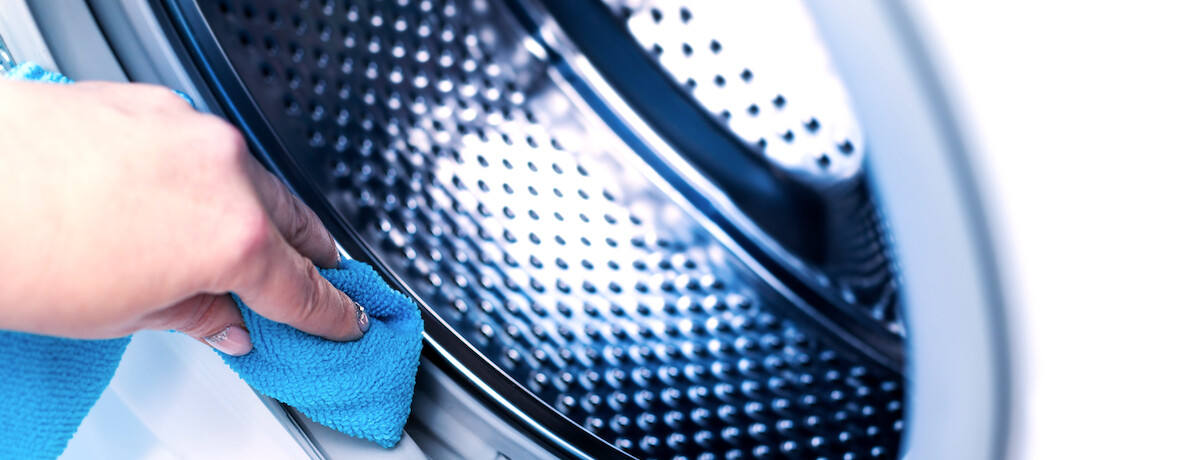
How to best clean a washing machine
Read more
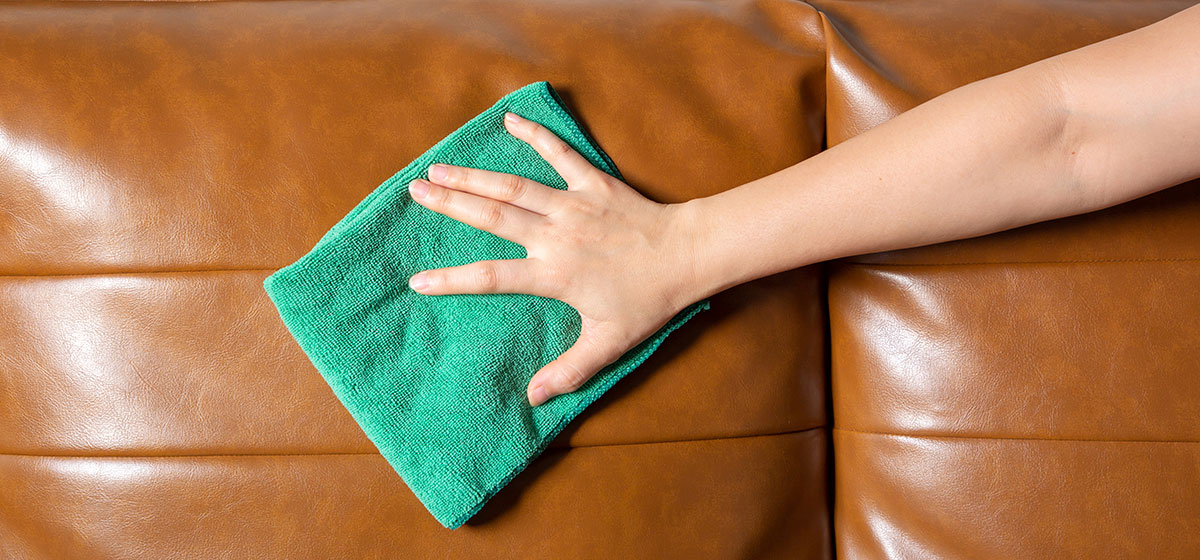
How to clean leather couch at home
Read more

How to get a cleaning certification
Read more

How to get more cleaning jobs
Read more
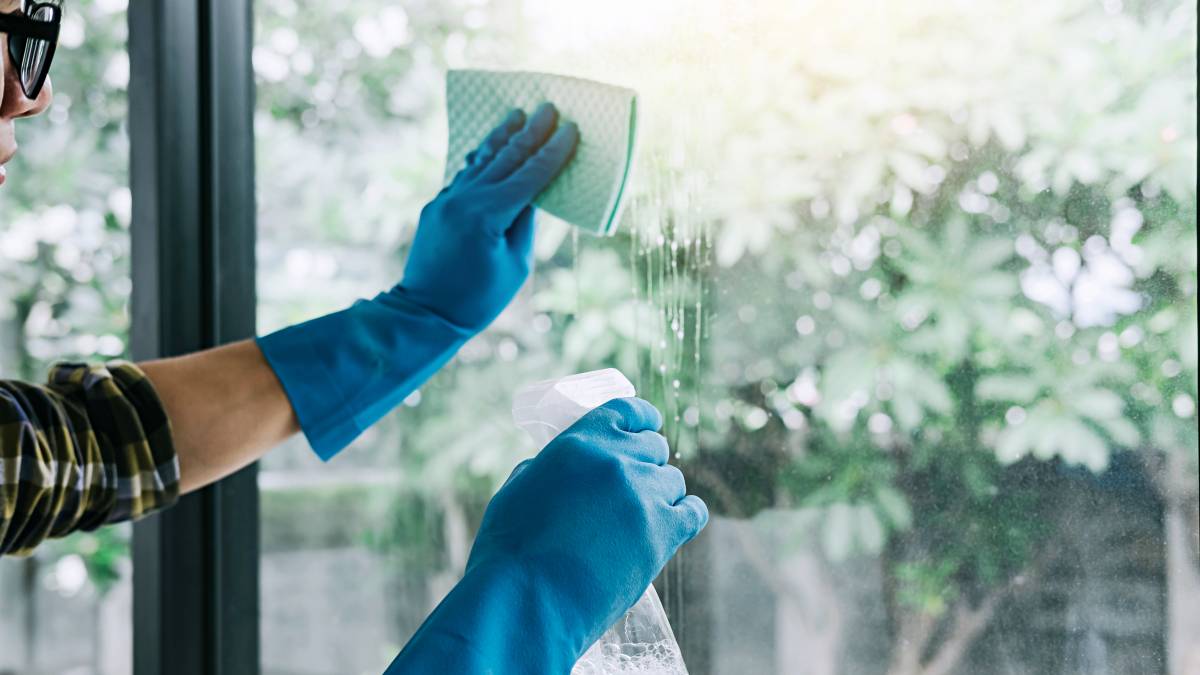
How to price cleaning jobs
Read more
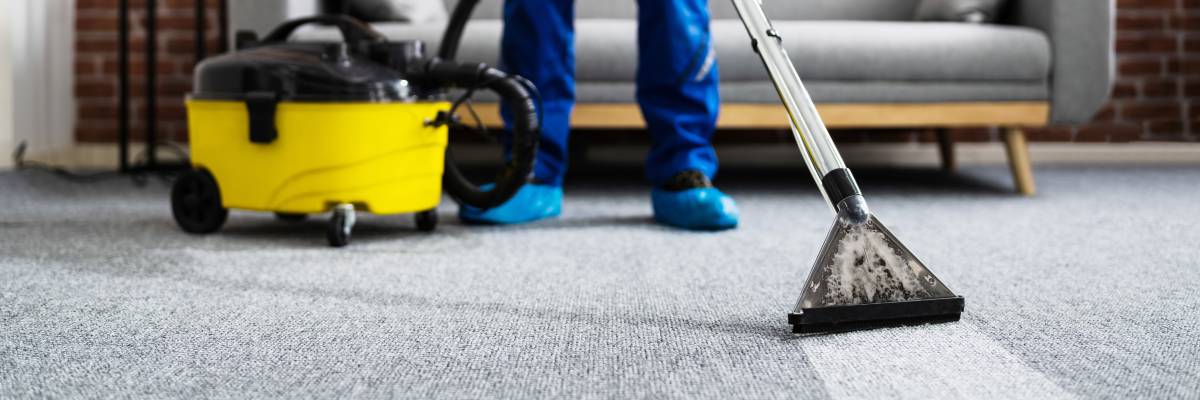
How to become a housekeeper
Read more

How to clean a duster
Read more
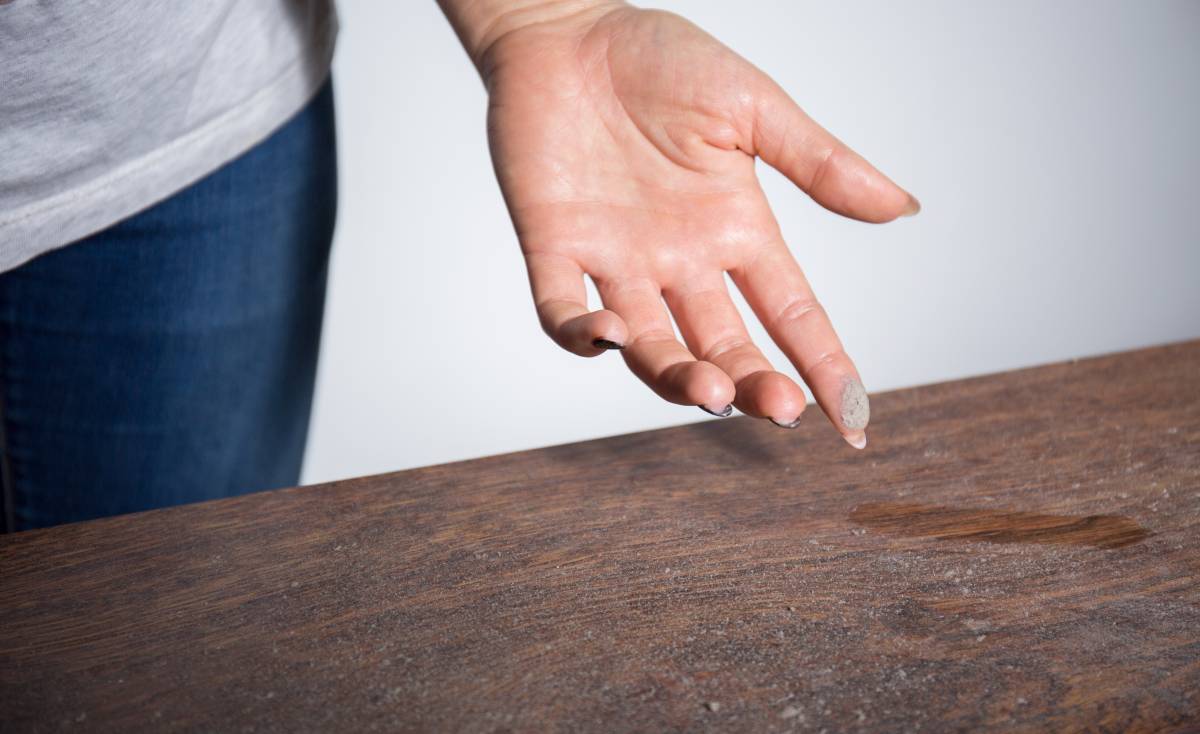
How to get rid of dust in your home
Read more

How to keep your desk dust-free
Read more
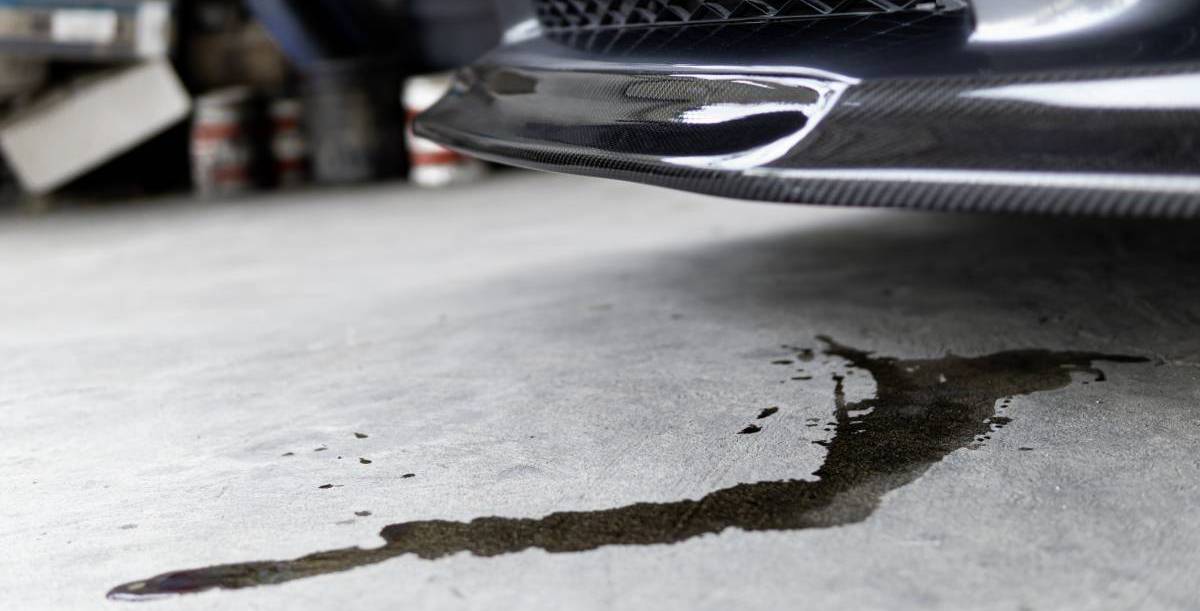
How to clean a garage floor
Read more

End of tenancy cleaning checklist
Read more

The ultimate spring cleaning checklist
Read more
Related price guides
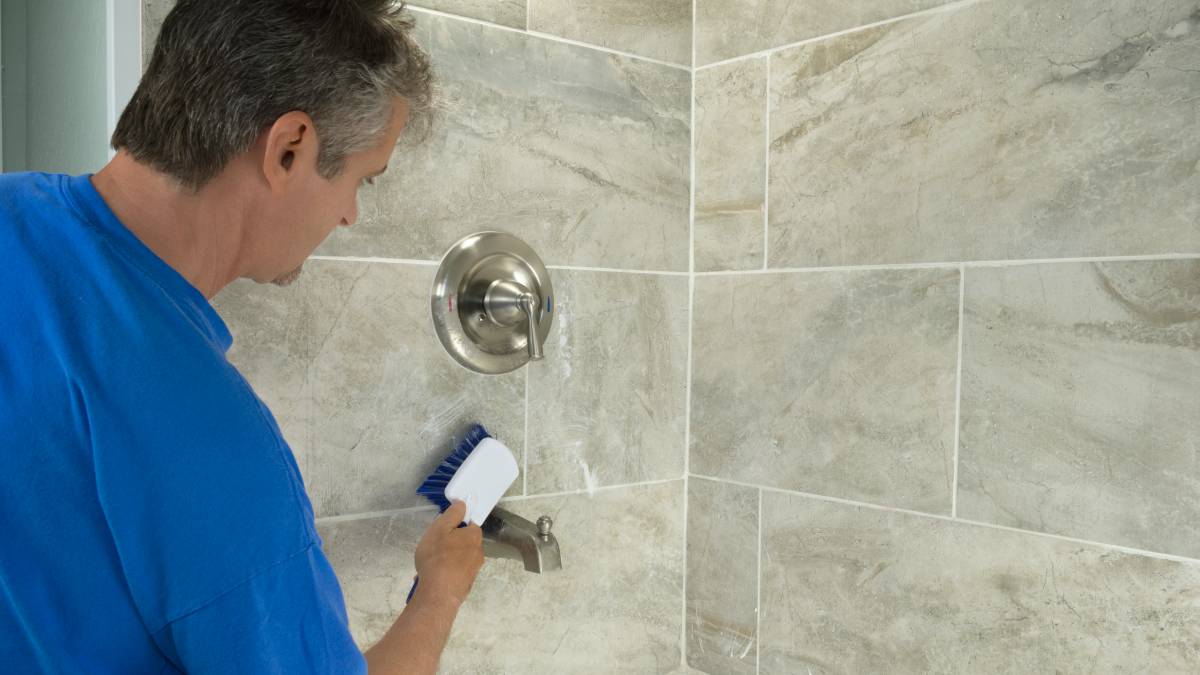
How much does tile cleaning cost?
Read more
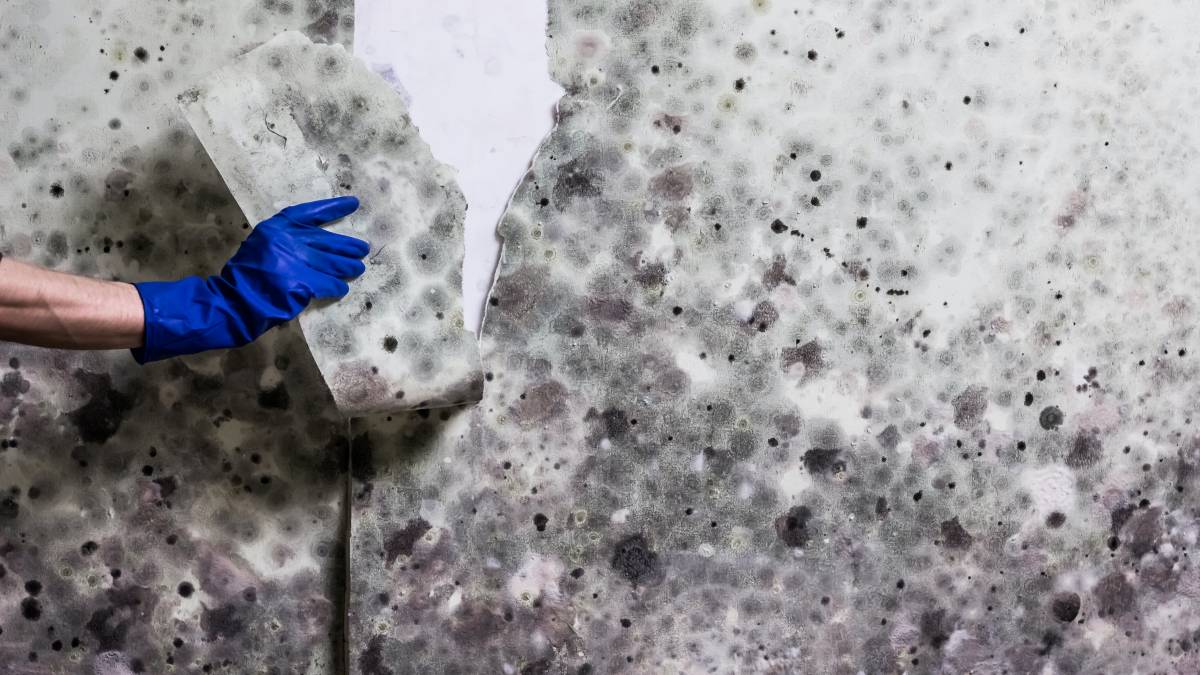
How much does mould removal cost?
Read more
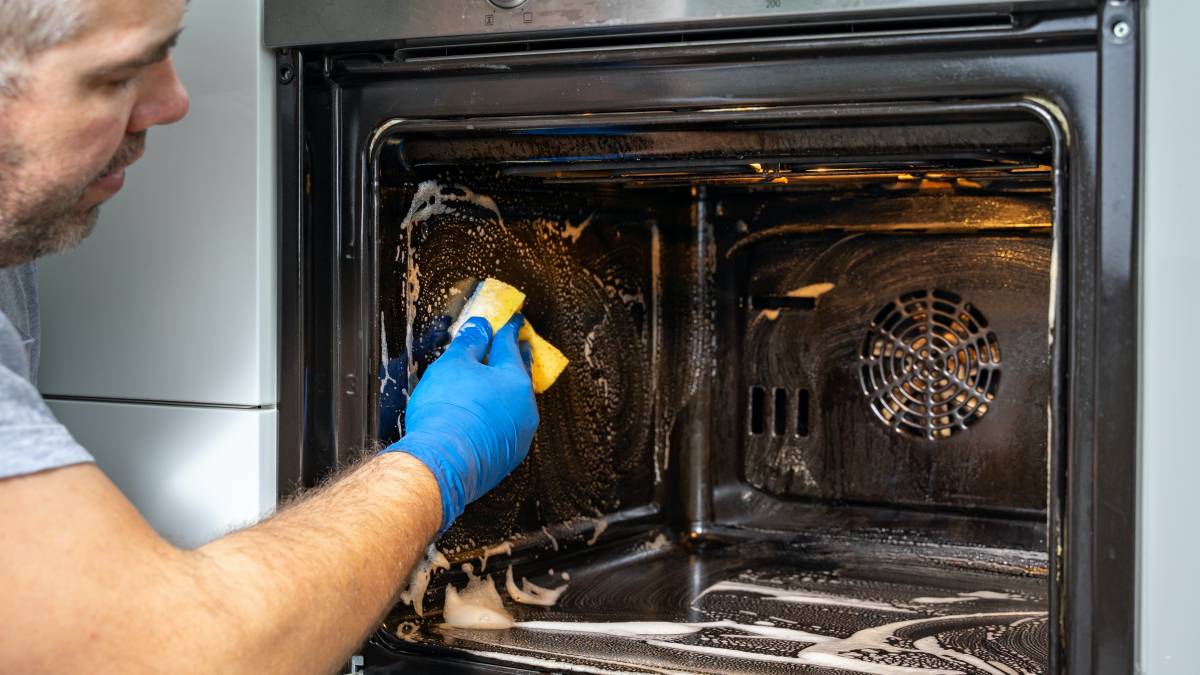
How much does oven cleaning cost?
Read more
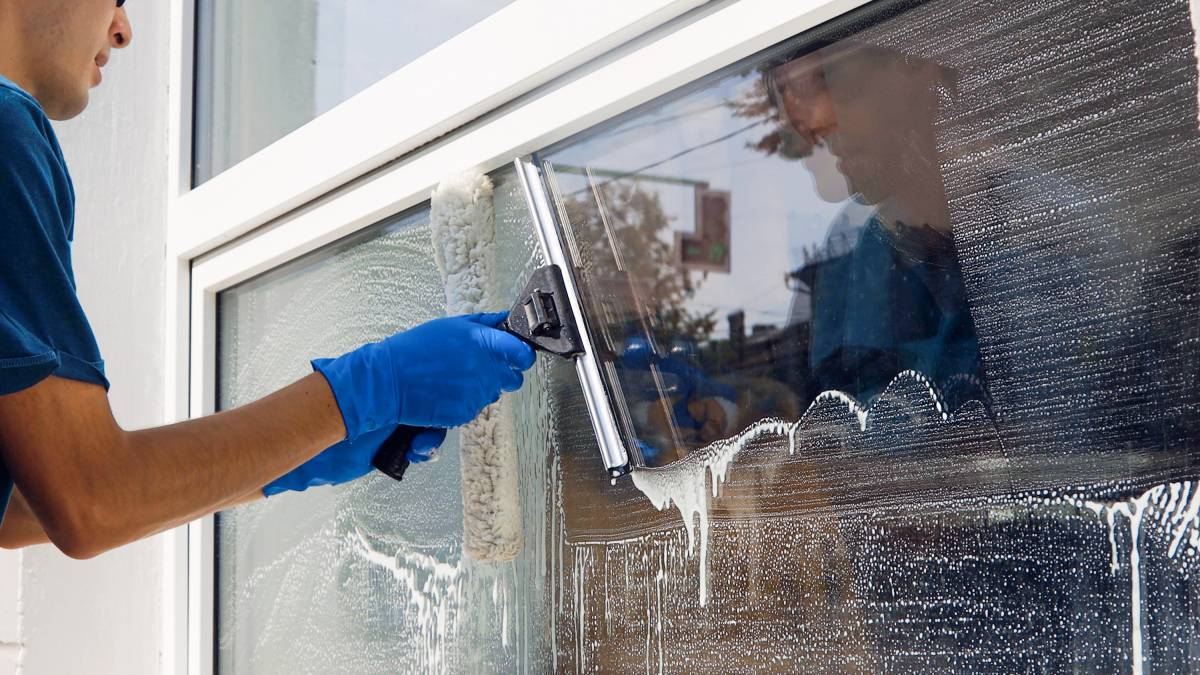
How much does a cleaner cost?
Read more

How much does attic cleaning cost?
Read more

How much does office cleaning cost?
Read more

How much does floor cleaning cost?
Read more
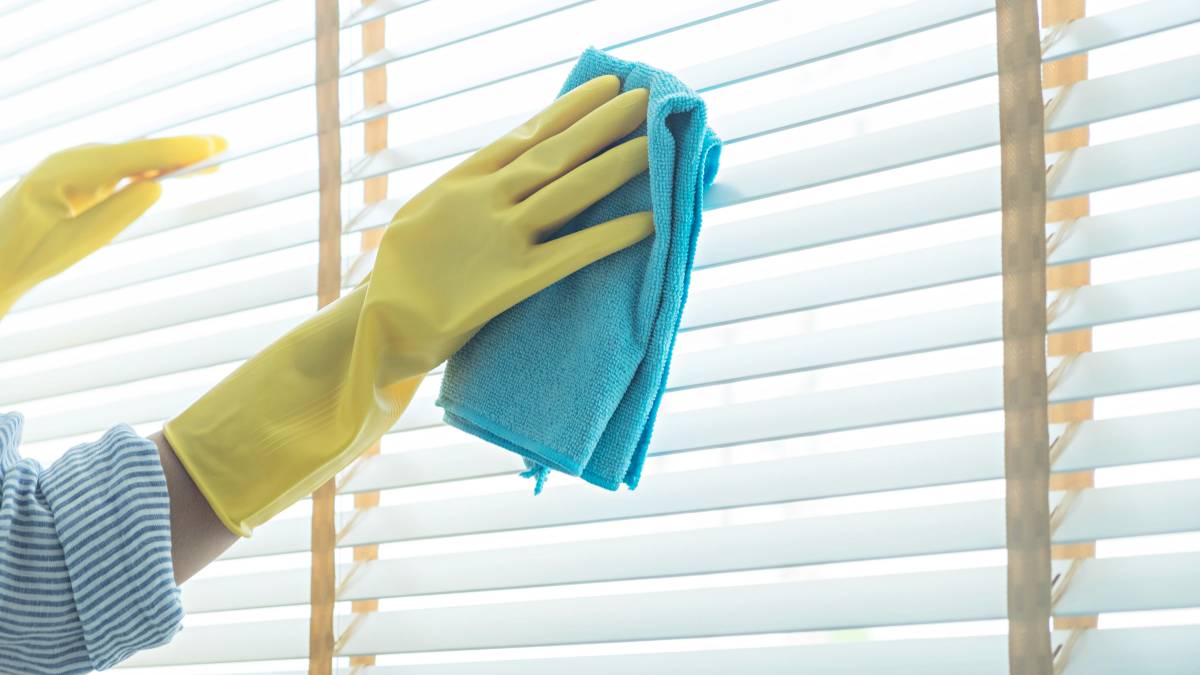
How much does blind cleaning cost?
Read more
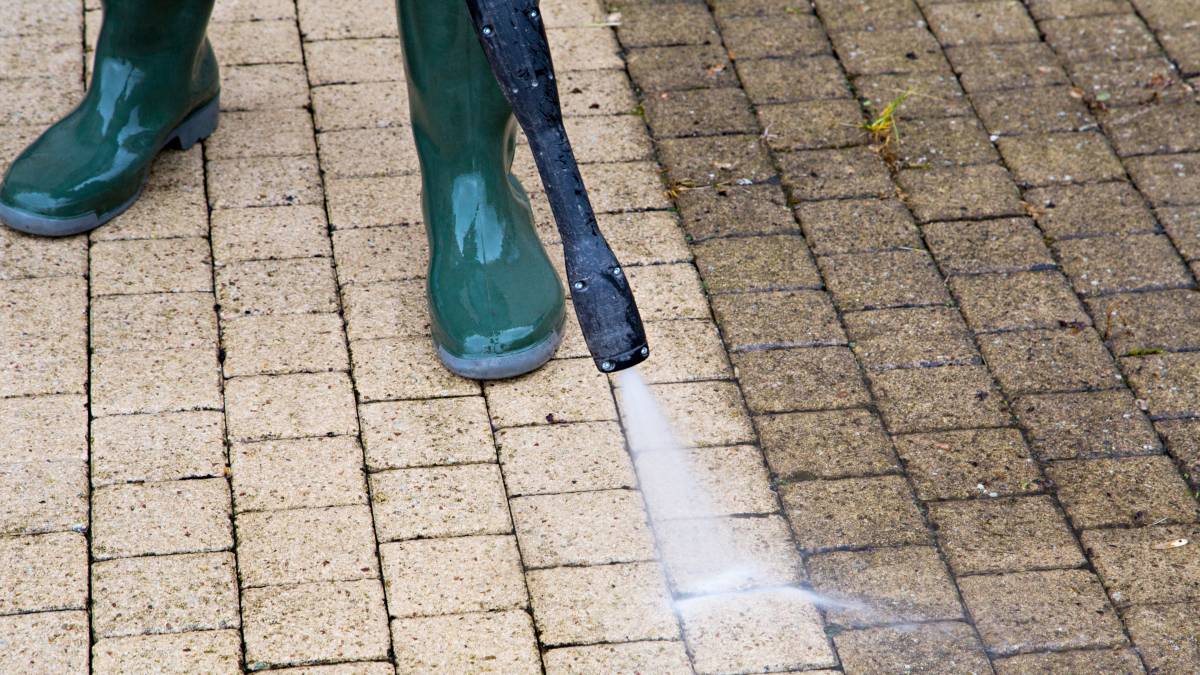
How much does pressure washing cost?
Read more
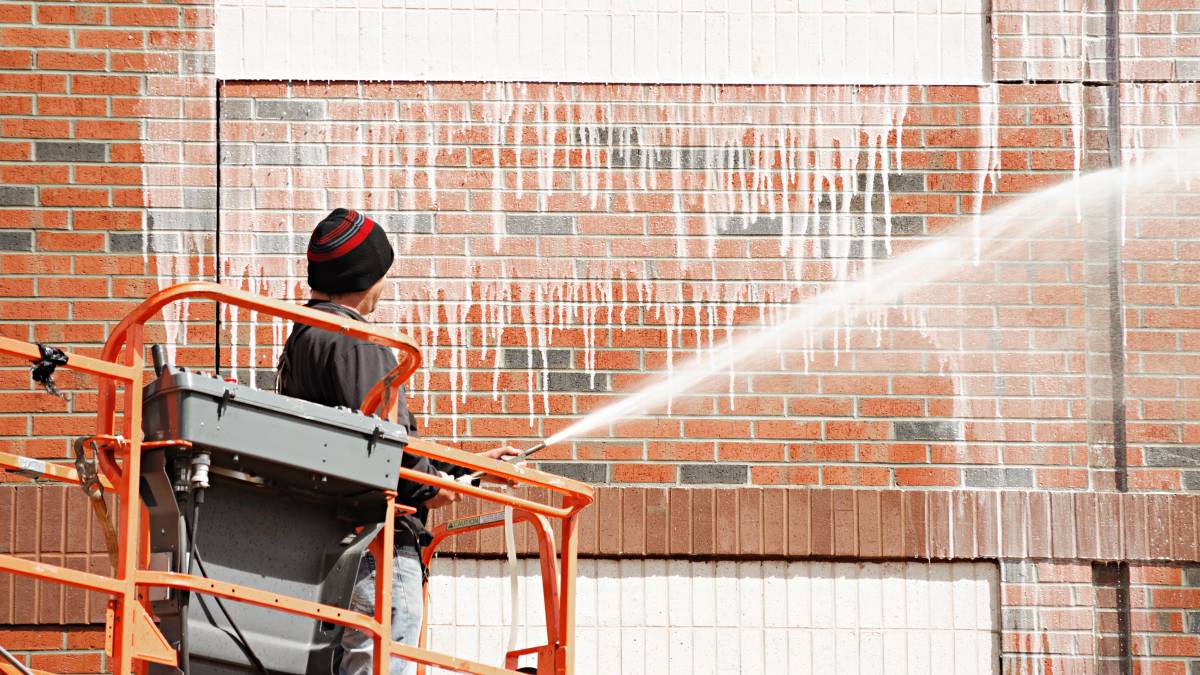
How much does brick cleaning cost?
Read more

How much does sofa cleaning cost?
Read more
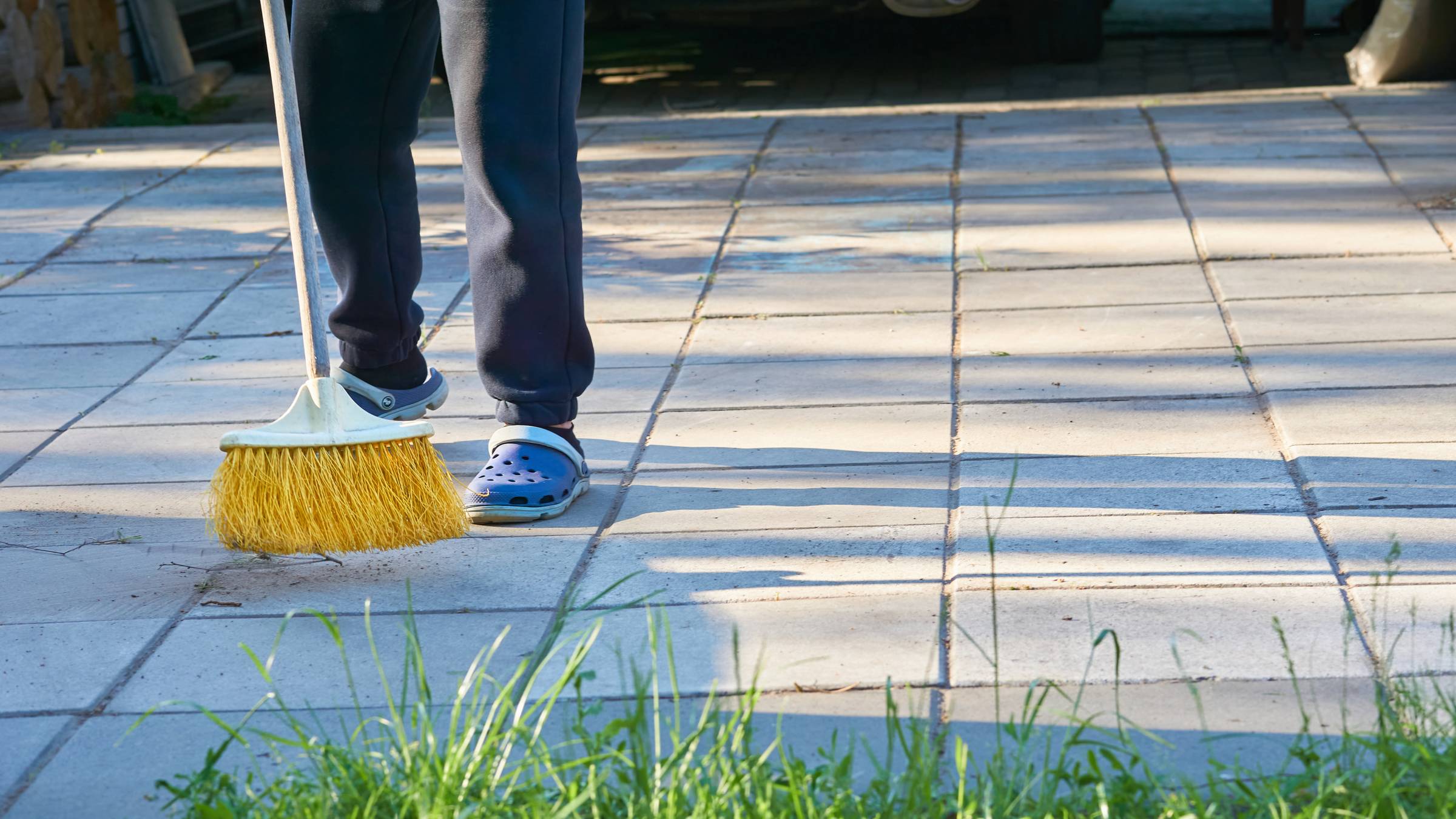
How much does patio cleaning cost?
Read more
